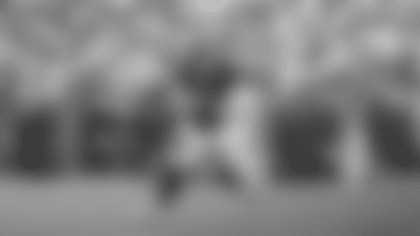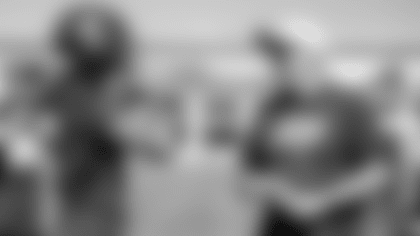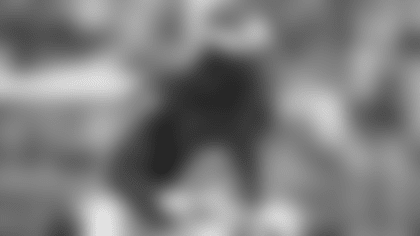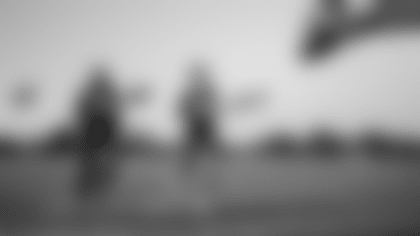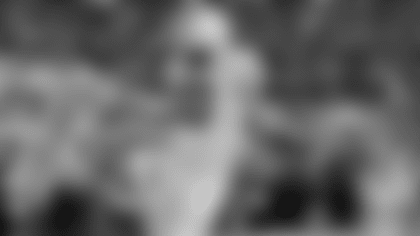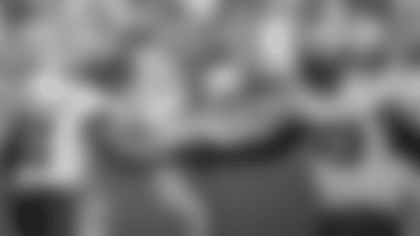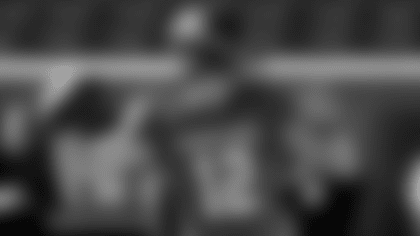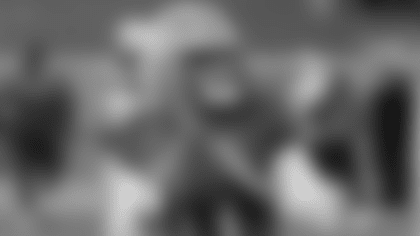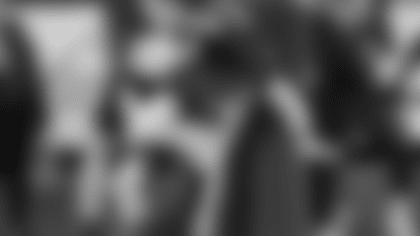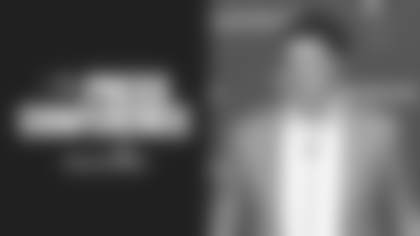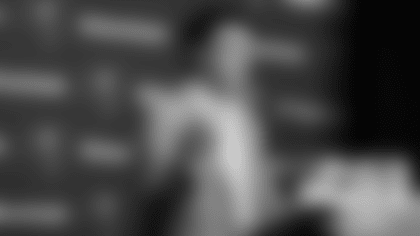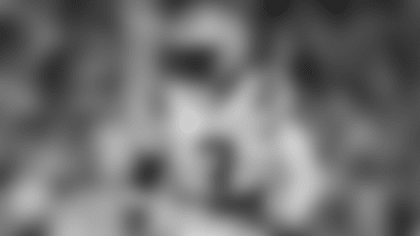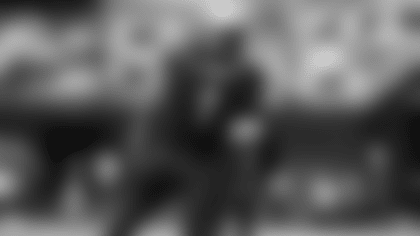The Tampa Bay Buccaneers are going back to San Francisco, and they won't need a tour guide…except perhaps on game day.
The Bucs have made something of a habit of visiting that other Bay area in the last decade or so, as this will be their fifth trip to Fog City since 2005. Fisherman's Wharf, the Golden Gate Bridge, Alcatraz…they've seen it all. The one San Fran landmark the Buccaneers haven't yet visited is the city's newest one: Levi's Stadium, the home of the 49ers since 2014. Tampa Bay hopes it's a friendlier destination than Candlestick Park.
Candlestick was often surprisingly cold, and it was certainly showing its age during the Buccaneers' most recent visits. The main problem, however, was that the Florida visitors rarely left there with a win. When Tampa Bay shut out the Niners, 21-0, in 2010, it marked the team's first win in San Francisco since 1980. For those counting at home, that's a three-decade drought, and it wasn't like there were no opportunities to quench that thirst. Tampa Bay has played in San Fran 18 times overall.
The most recent Bucs-49ers imbroglio was in Tampa in 2013, a 33-14 victory for the visitors that improved San Francisco's road record in the head-to-head battle to 2-5. We'll help with the math again: That's an overall 17-4 lead for the Niners in the all-time series.
That dominance is not altogether surprising, given that San Francisco was the NFL's most consistently successful team over the 1980s and '90s combined, and the Bucs spent about 70% of that span in a downturn. However, when the Buccaneers pulled out of that dip under new ownership in the mid-'90s, the 49ers actually popped up in several seminal moments in Tampa Bay's franchise history. More on that in a moment.
The Bucs and 49ers first met in 1977, in Tampa Bay's second season and its first year in the NFC after a planned one-year run in the AFC in 1976. The Bucs traveled cross-country for a Week Seven visit to Candlestick Park, still trying to break a franchise-opening run of 20 consecutive losses. It didn't happen in San Francisco, as the 49ers ran for 205 yards in a fairly easy 20-10 decision. The Bucs came back to try again the next year, in early December, and it was much closer but still not a victory. Tampa Bay's defense had quietly emerged as one of the league's best by this point – portending a rise to #1 the next season – and it managed to collect four interceptions and five sacks on the day, including two picks against future Buc quarterback Steve DeBerg. Still, Ray Wersching kicked his second field goal of the day as time expired to give the home team a 6-3 win.
The Bucs were probably favored to win when they came back almost exactly a year later, in early December of 1979, as they brought a 9-5 record into Candlestick against a 1-13 San Francisco team. The 23-7 final in the 49ers favor – built largely on five interceptions off QB Doug Williams – fueled a long-lasting perception that the Buccaneers couldn't win on the West Coast.
In fact, they did win there the next season, as Garo Yepremian's 30-yard field goal in the final minute produced a 24-23 final at Candlestick. The running game led the way with 174 yards and three scores, including 79 yards and two TDs for Jerry Eckwood. Joe Montana was just taking over the reins in the second half of this season in San Francisco; he and the 49ers would begin their long run of success the next year. The Buccaneers came back to San Fran in 1983 and 1984, losing both times; Tampa Bay wouldn't get its next win on the West Coast (in San Diego) for another decade and a half.
It would be about that long before the Bucs beat the 49ers again, too. They came close a few times, most notably in 1989, when San Francisco visited Tampa Stadium in September, coming in as the defending Super Bowl champs. The 49ers would go on to win their second straight title that year, but they barely got out of Tampa with a win. The Bucs took a 16-13 lead on Vinny Testaverde's three-yard touchdown pass to Mark Carrier with 3:25 left in regulation, and a potential upset loomed large. Unfortunately for the Buccaneers, Montana loomed even larger on the other sideline. He directed a 10-play, 70-yard, three-minute drive – aided by a third-and-goal defensive holding call on an incompletion – that ended in his own four-yard touchdown run. The Bucs' defense, which had sacked Montana four times and picked him off twice, couldn't hold back the star quarterback in crunch time.
Photos of the Buccaneers' complete roster.

2 K John Lunsford
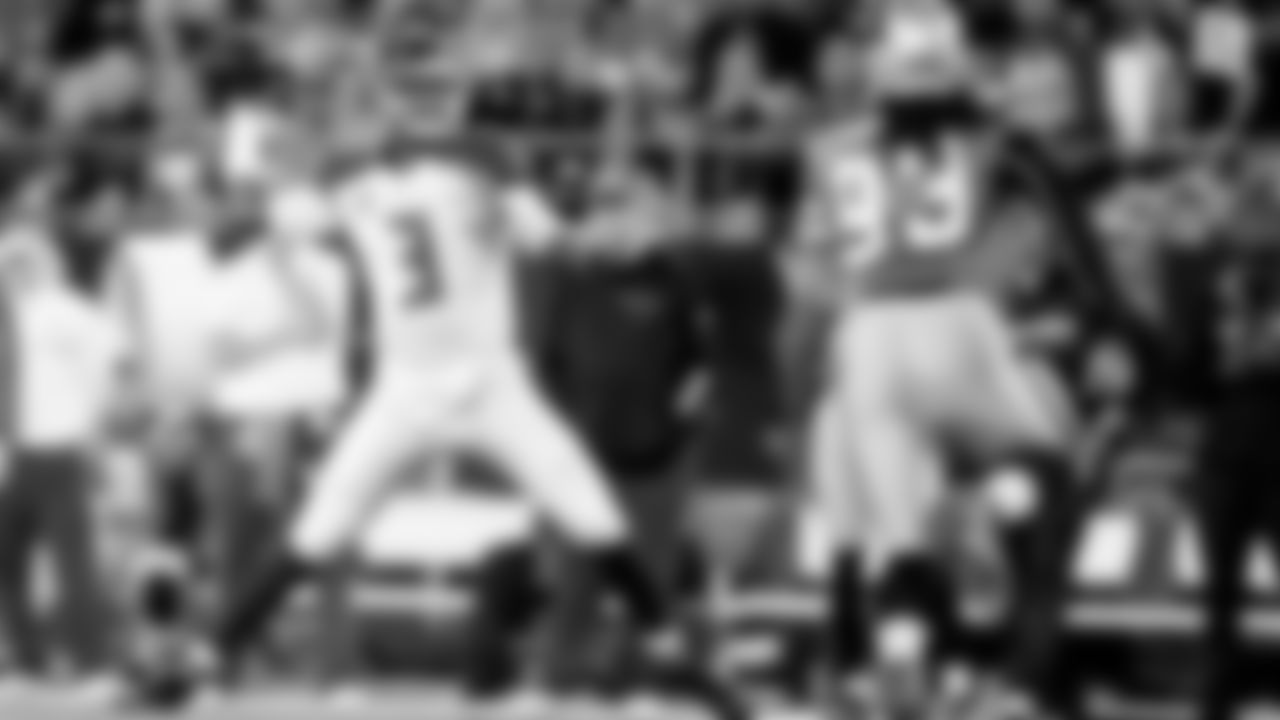
3 QB Jameis Winston

4 QB Ryan Griffin
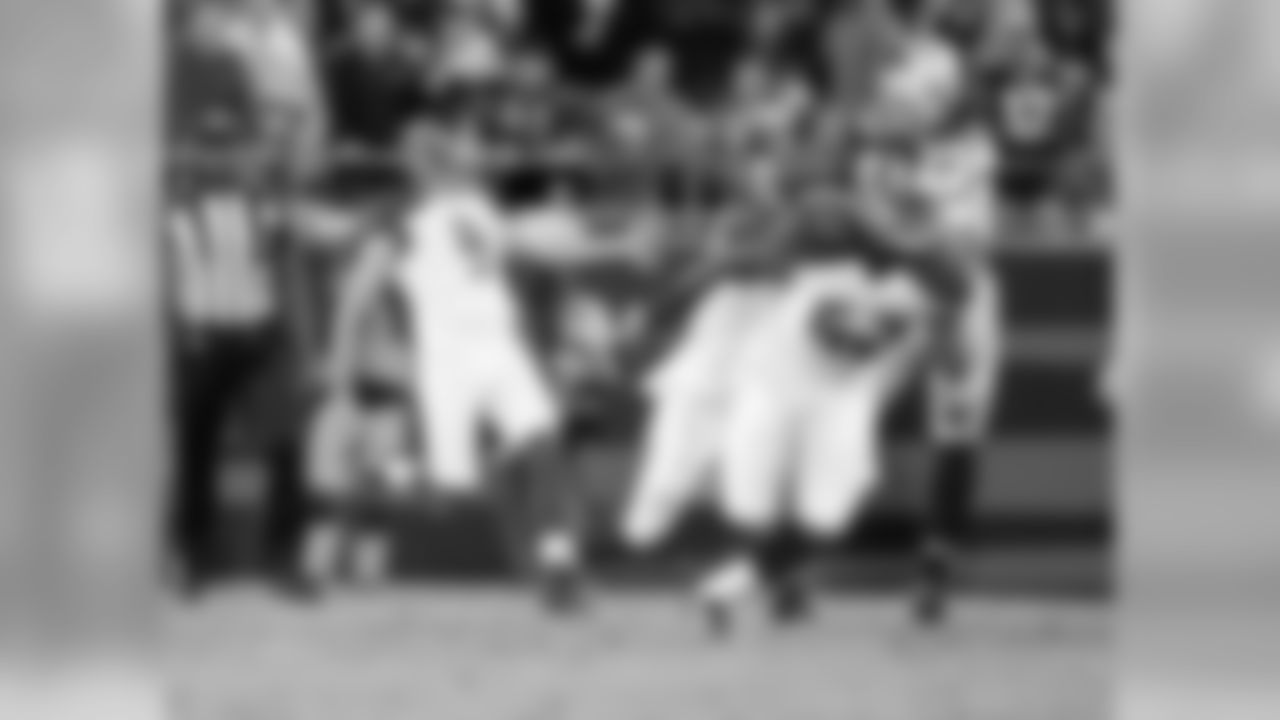
9 P Bryan Anger
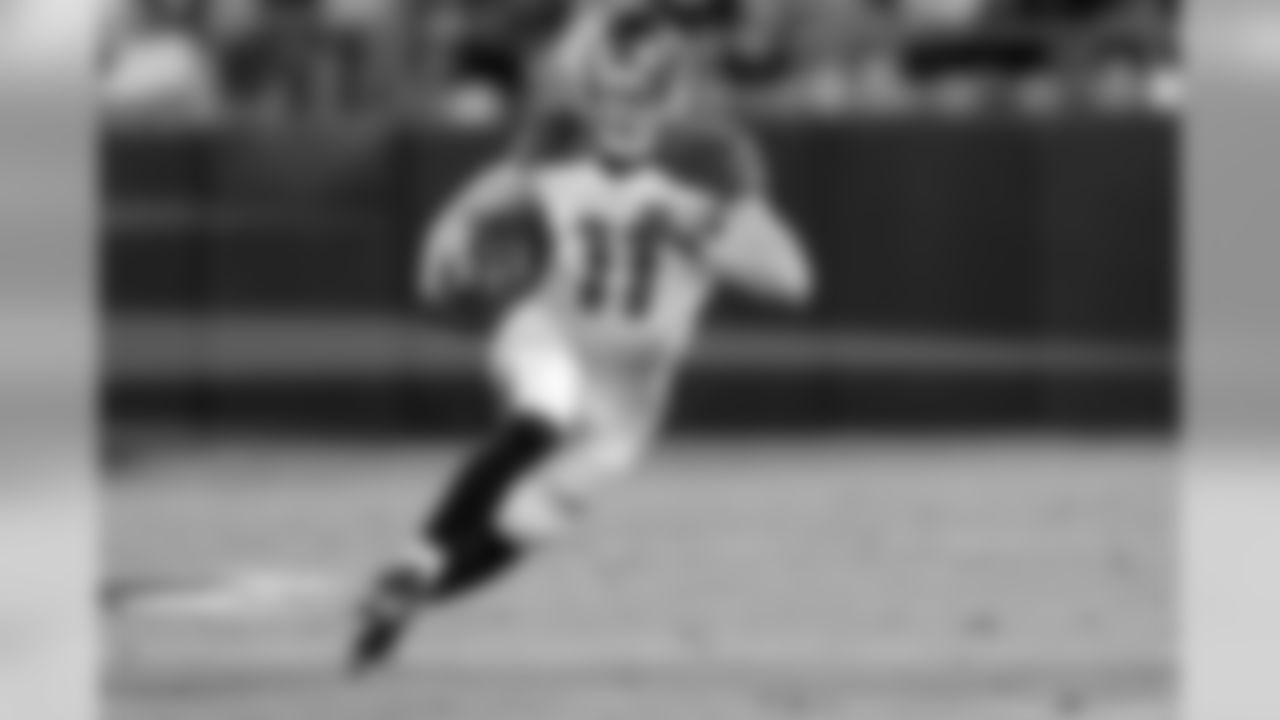
10 WR Adam Humphries

11 WR DeSean Jackson

13 WR Mike Evans

14 QB Sean Renfree
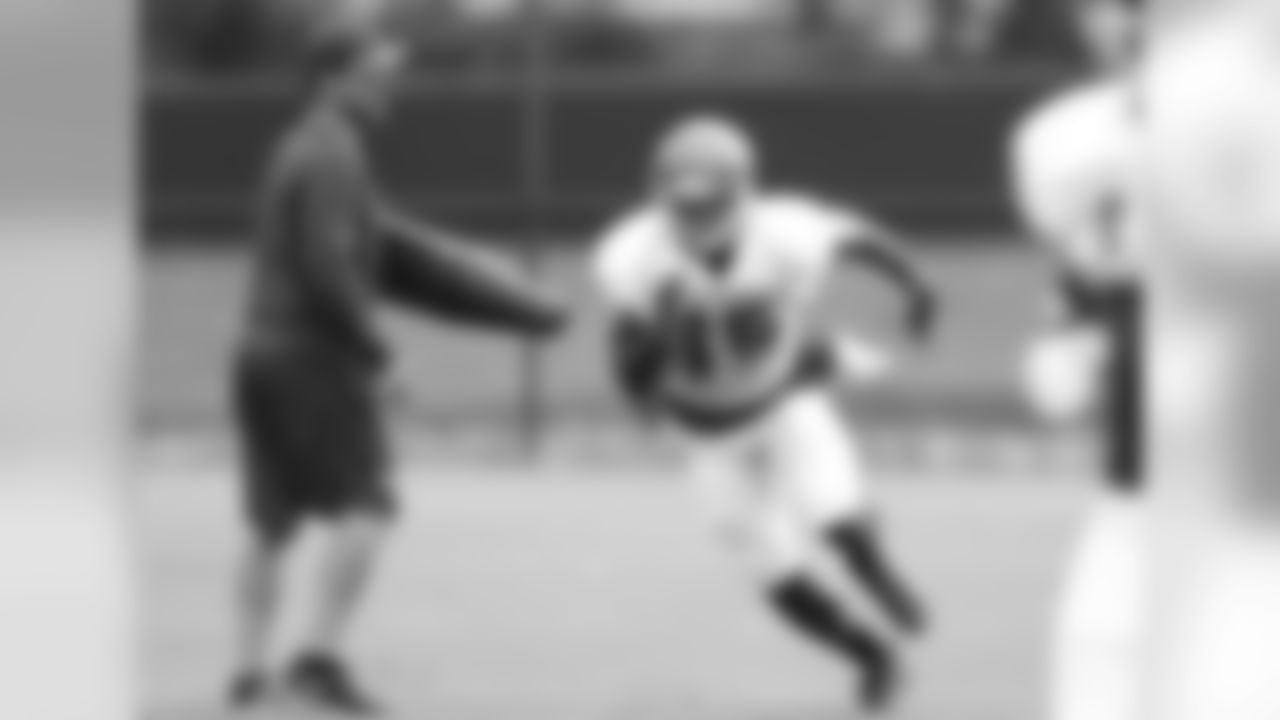
15 WR Josh Huff
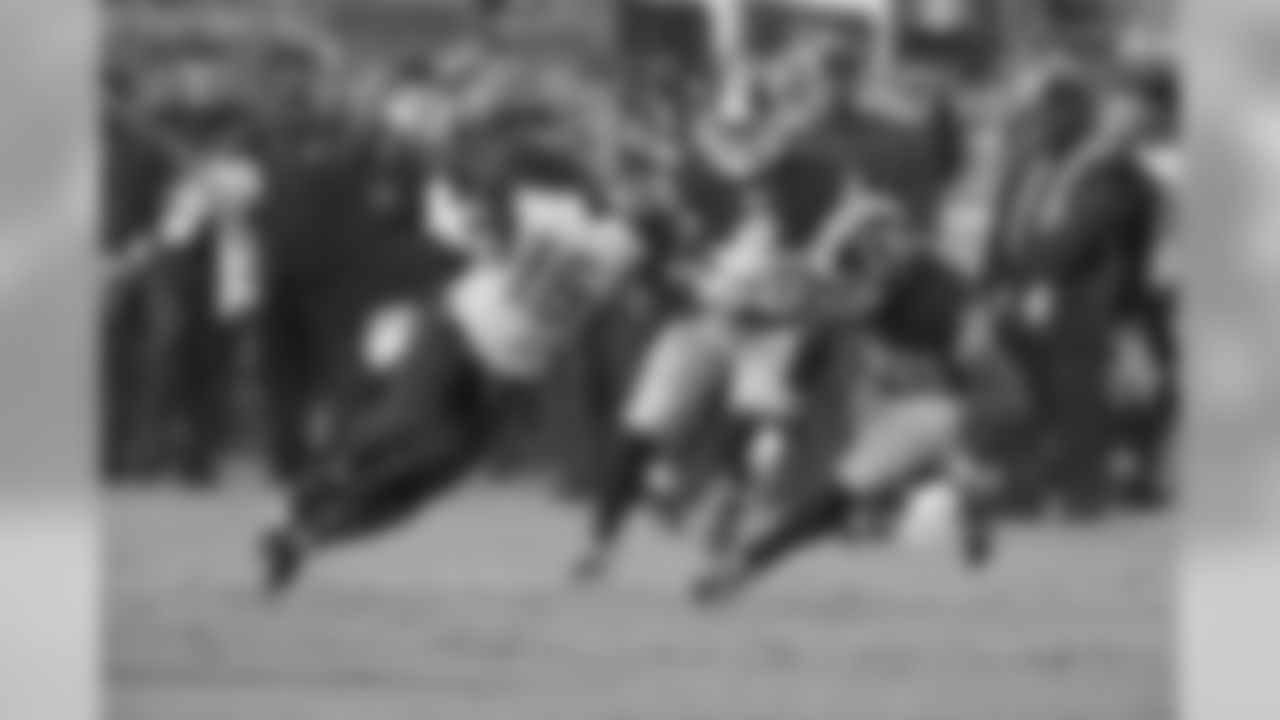
16 WR Freddie Martino

17 WR Donteaa Dye
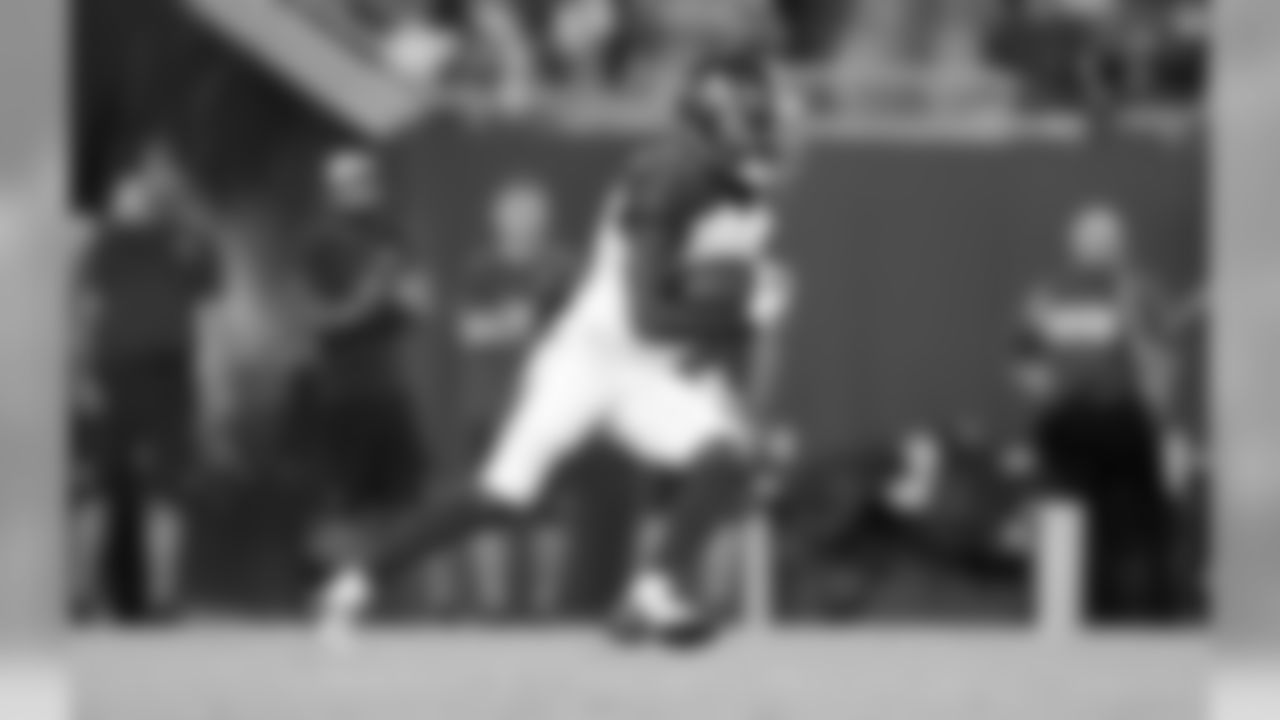
18 WR Bernard Reedy
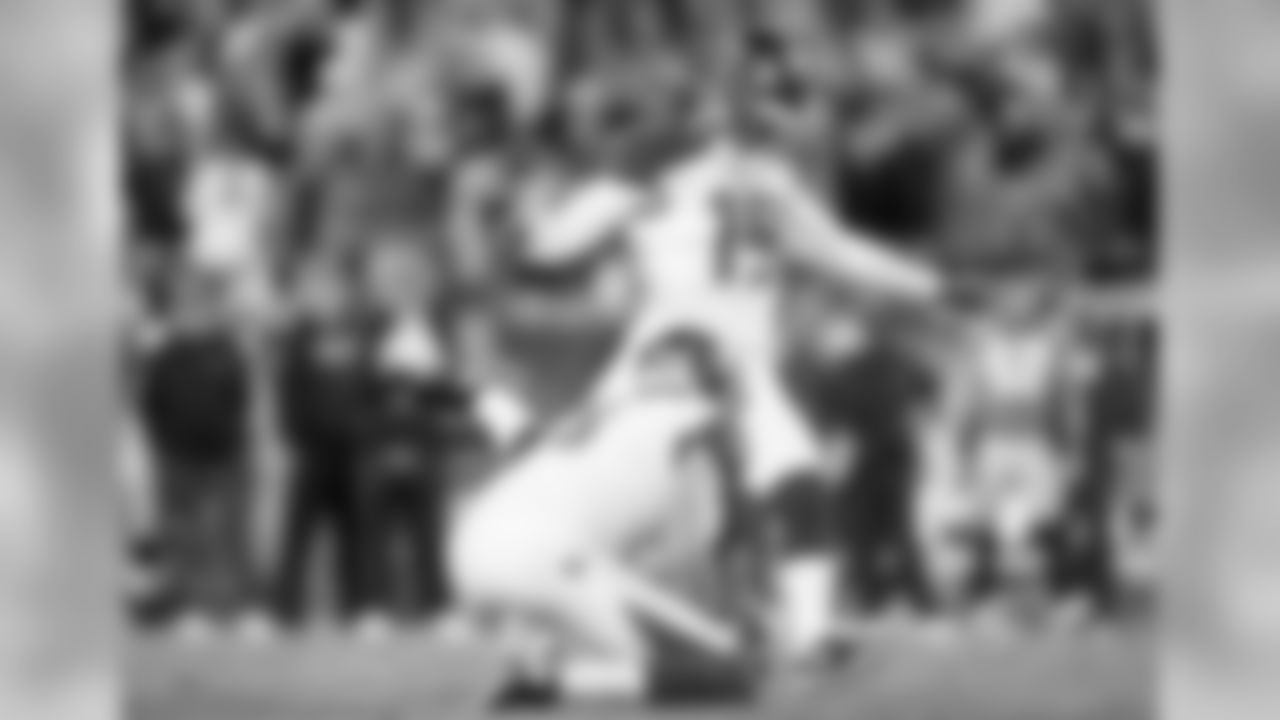
19 K Roberto Aguayo
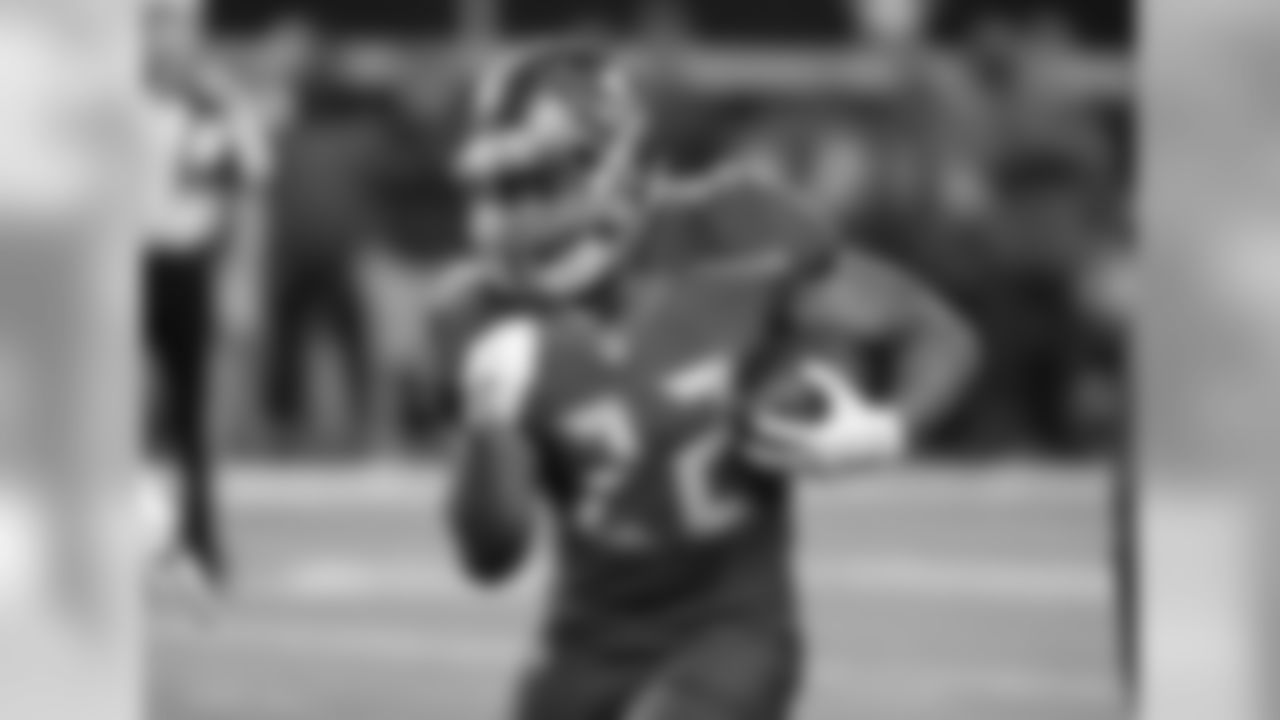
22 RB Doug Martin
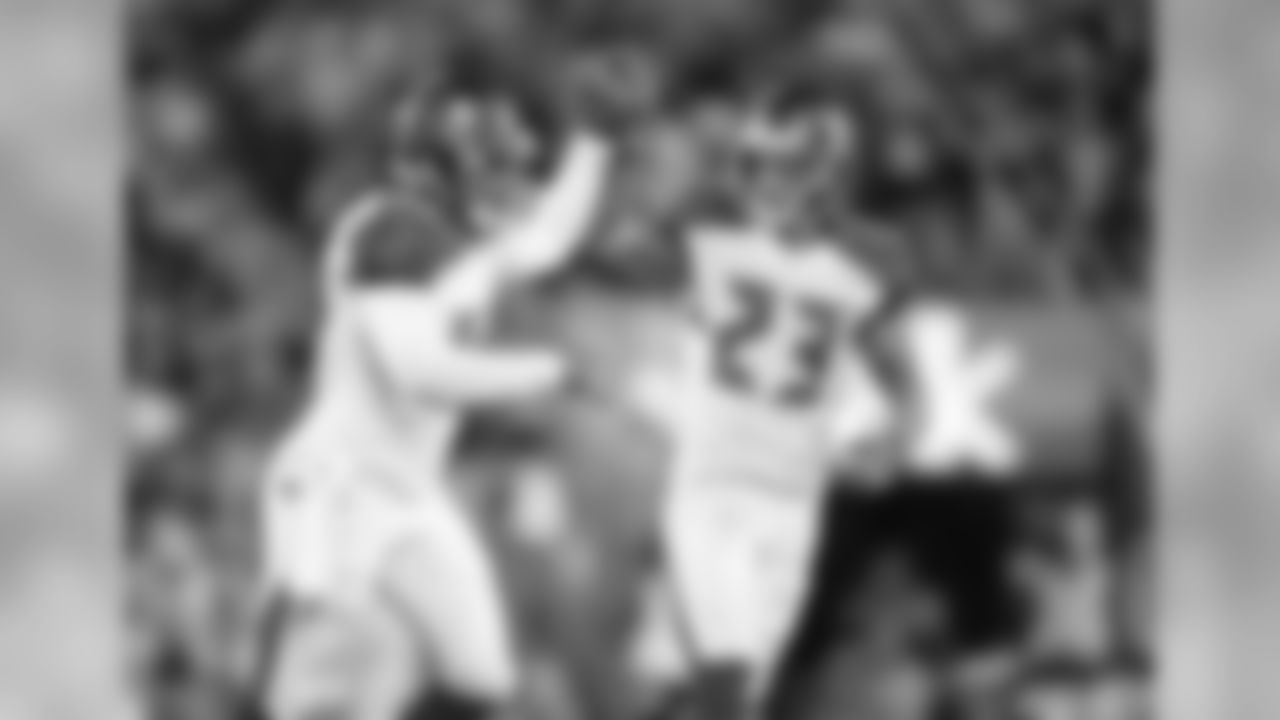
23 S Chris Conte
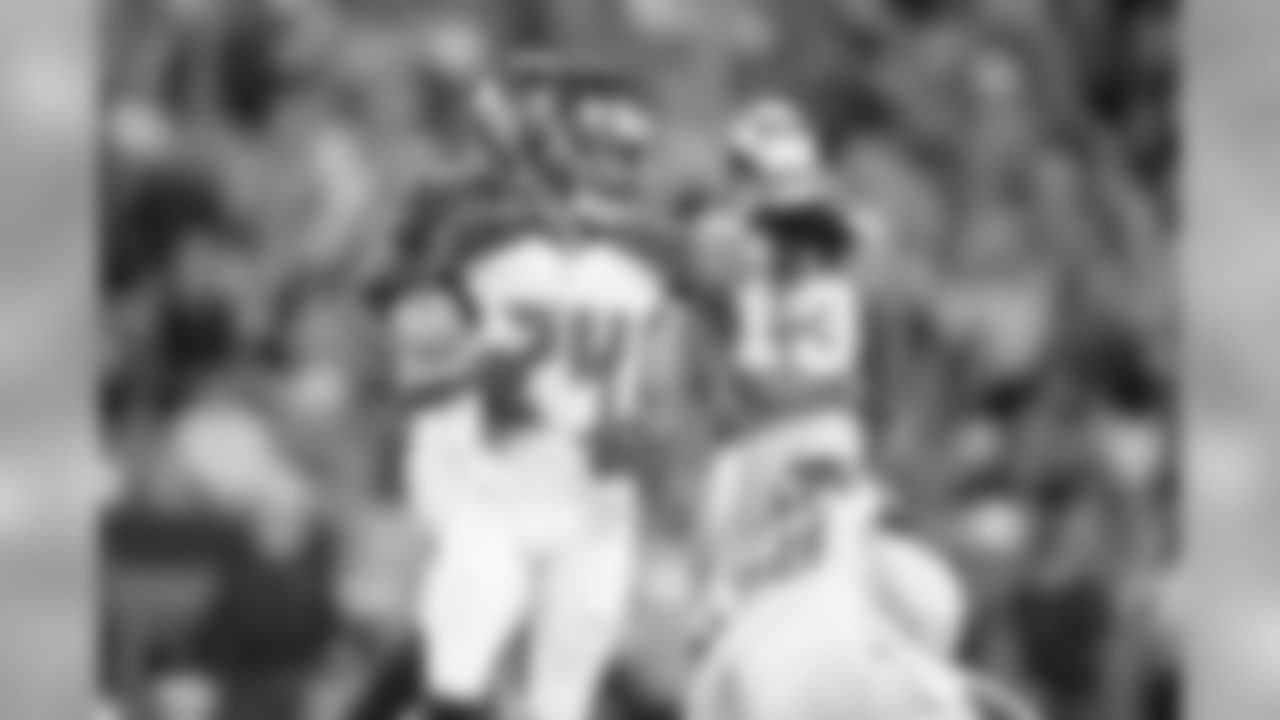
24 CB Brent Grimes

25 RB Blake Sims
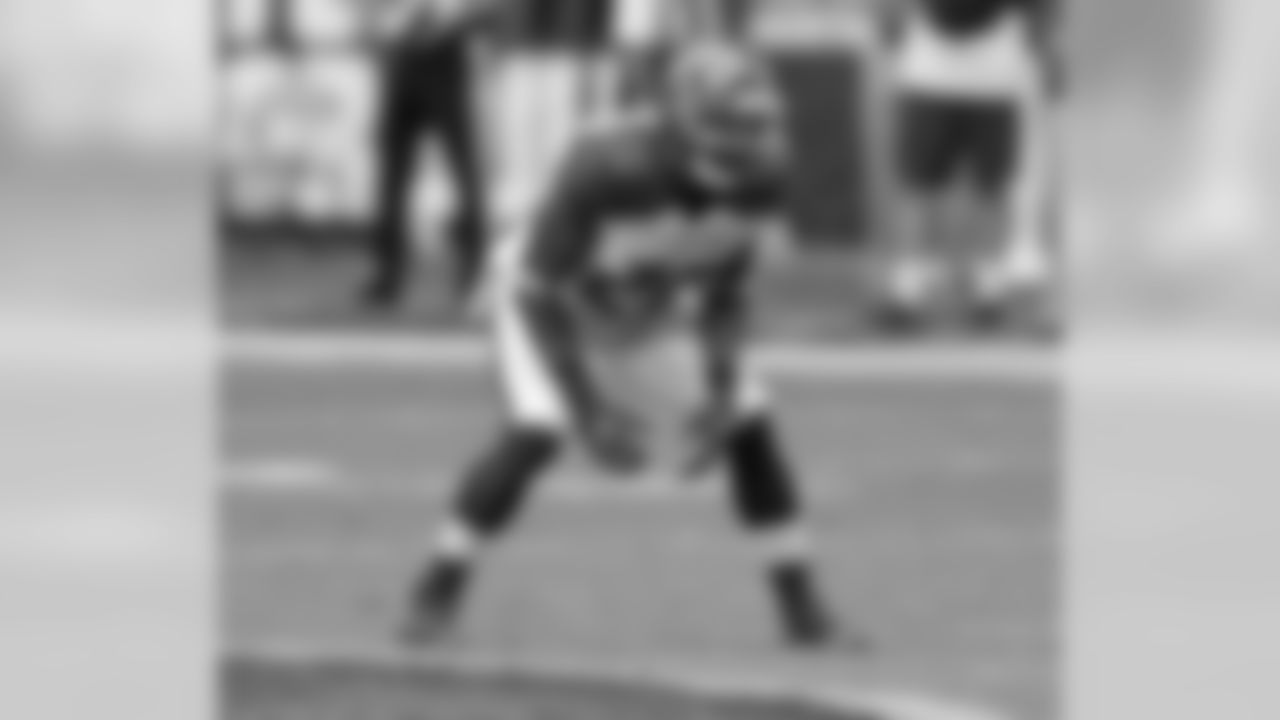
26 CB Josh Robinson

27 S J.J. Wilcox
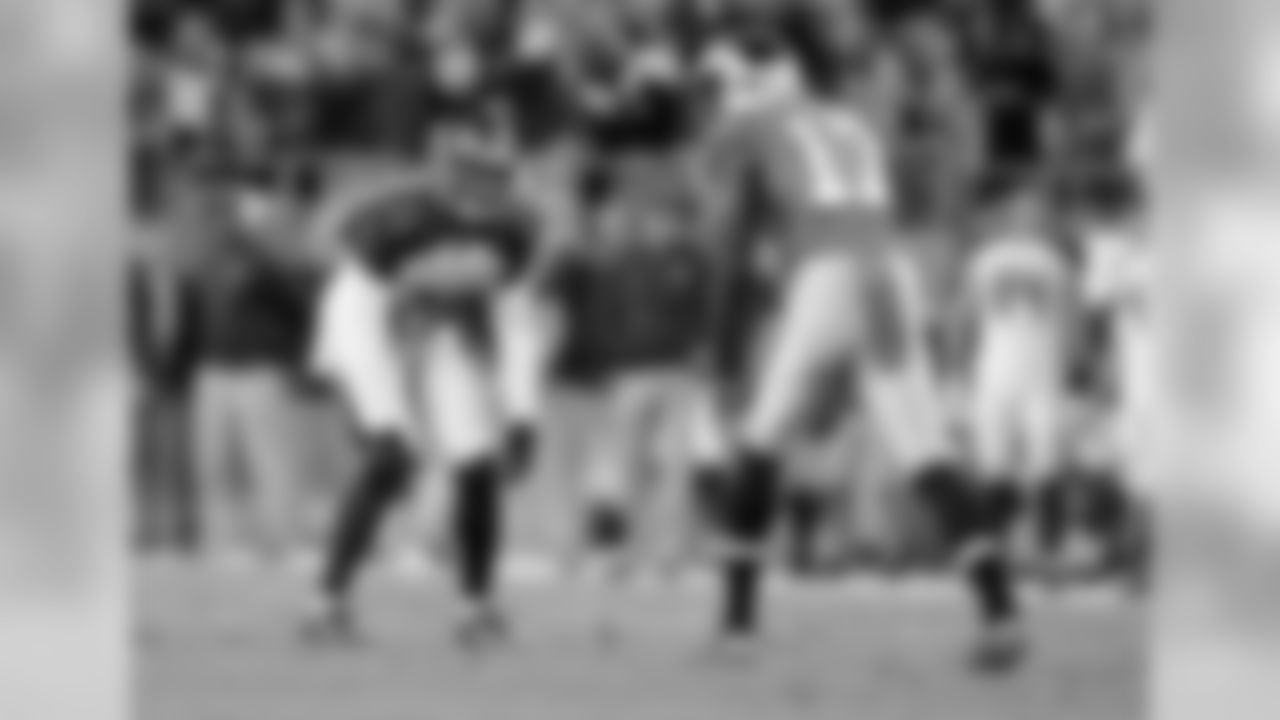
28 CB Vernon Hargreaves

29 DB Ryan Smith
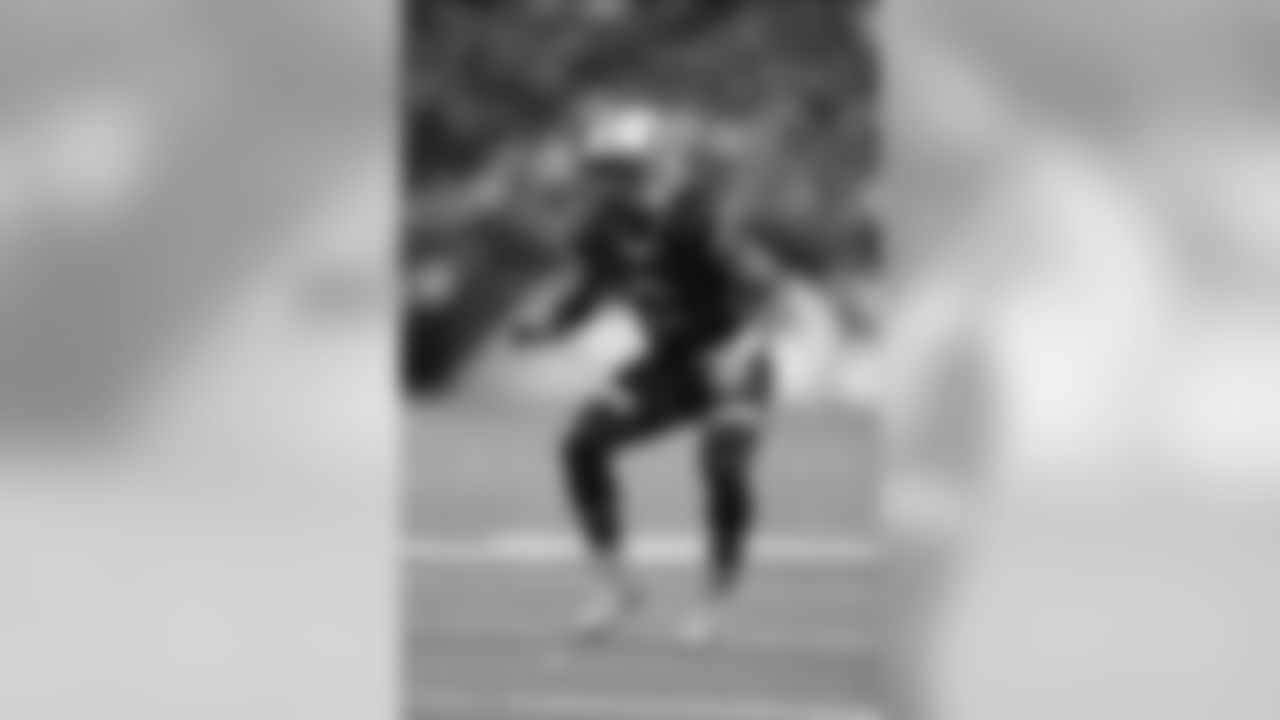
31 CB Cody Riggs
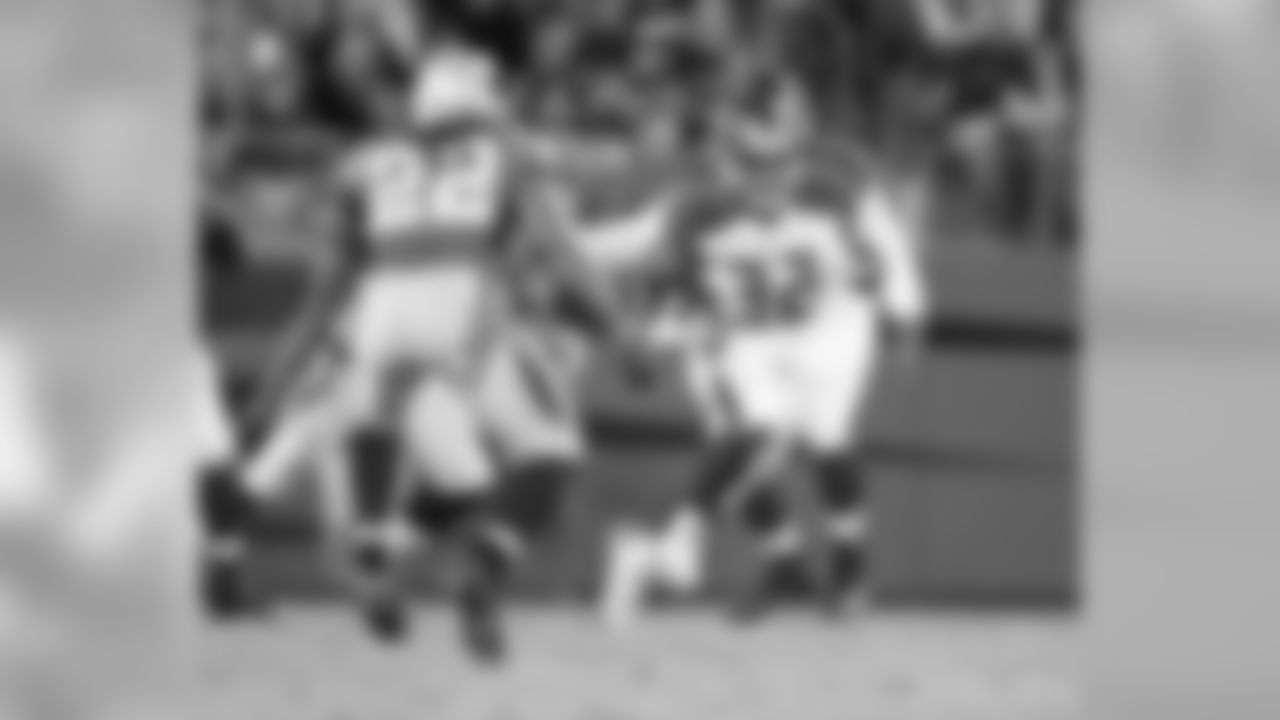
32 RB Jacquizz Rodgers
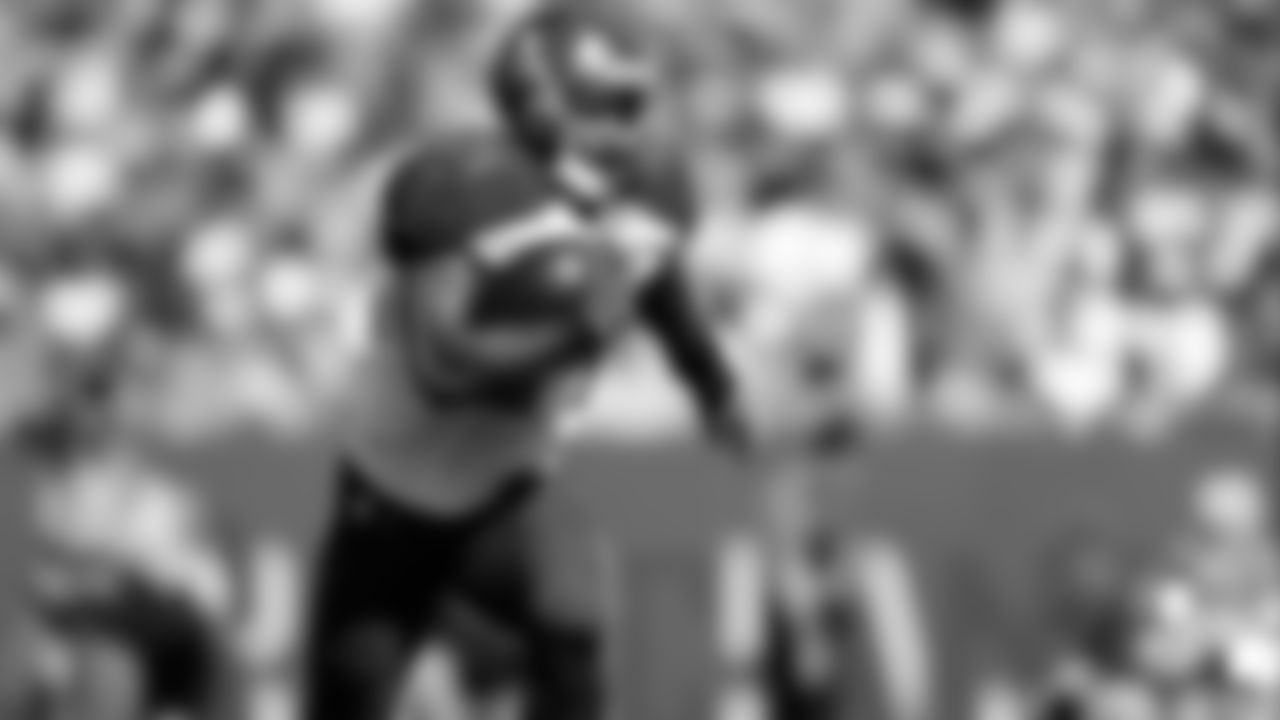
34 RB Charles Sims
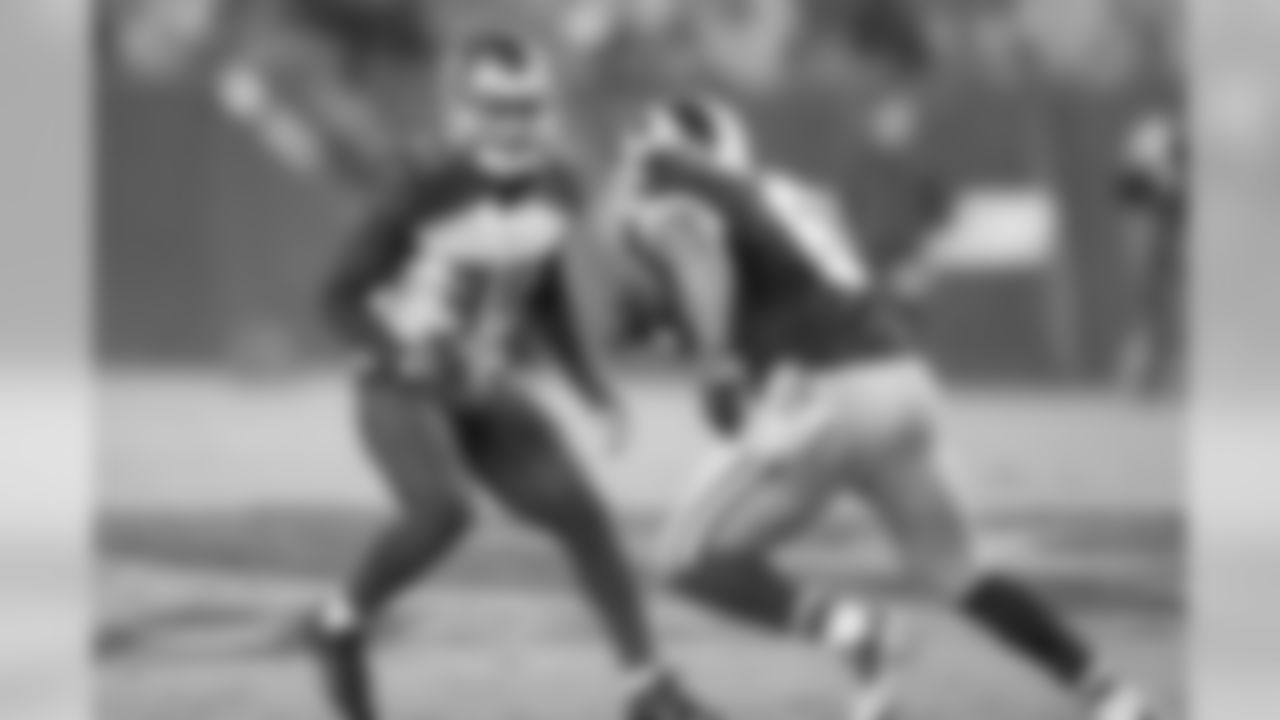
35 CB Javien Elliott

36 RB Quayvon Hicks

37 S Keith Tandy
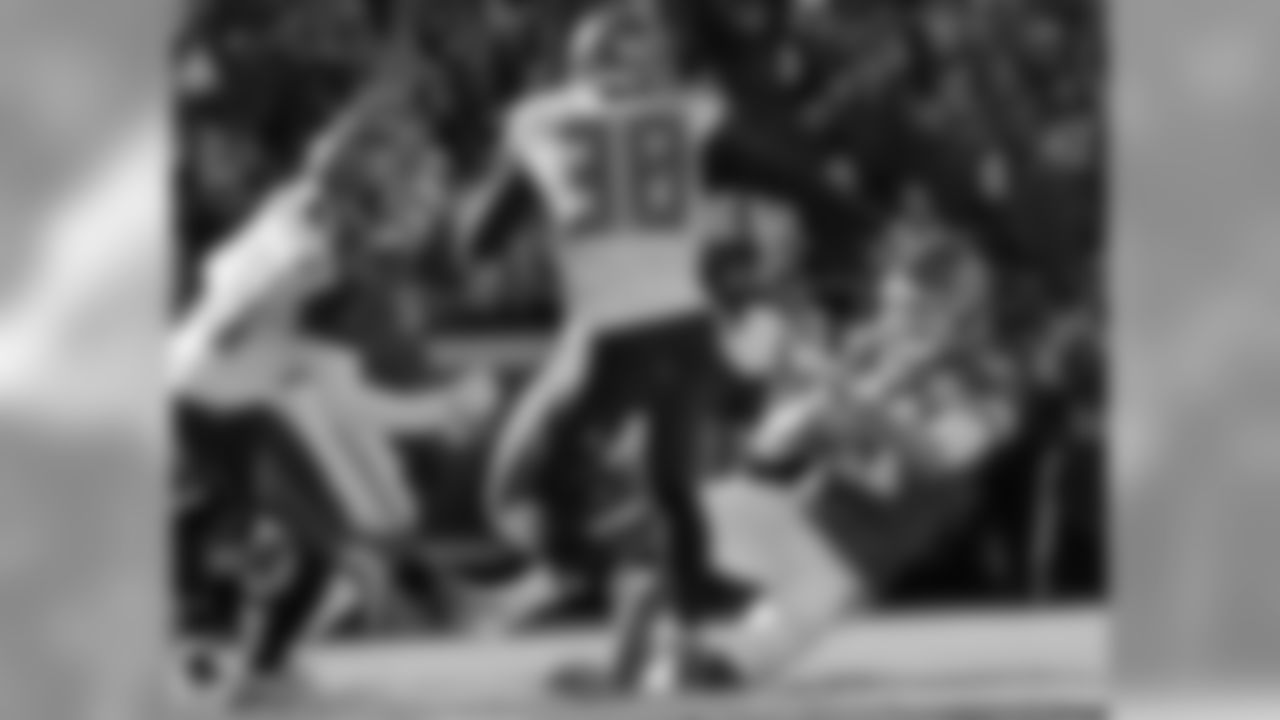
38 CB Jude Adjei-Barimah
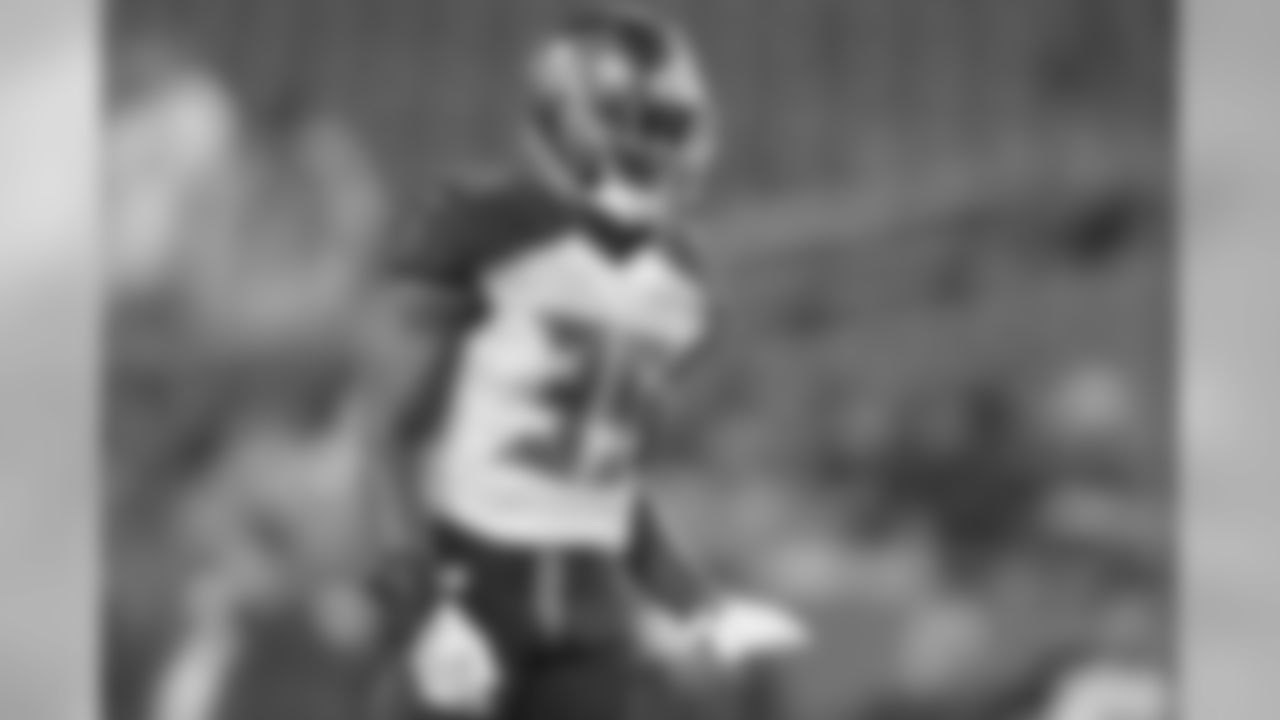
39 S Isaiah Johnson
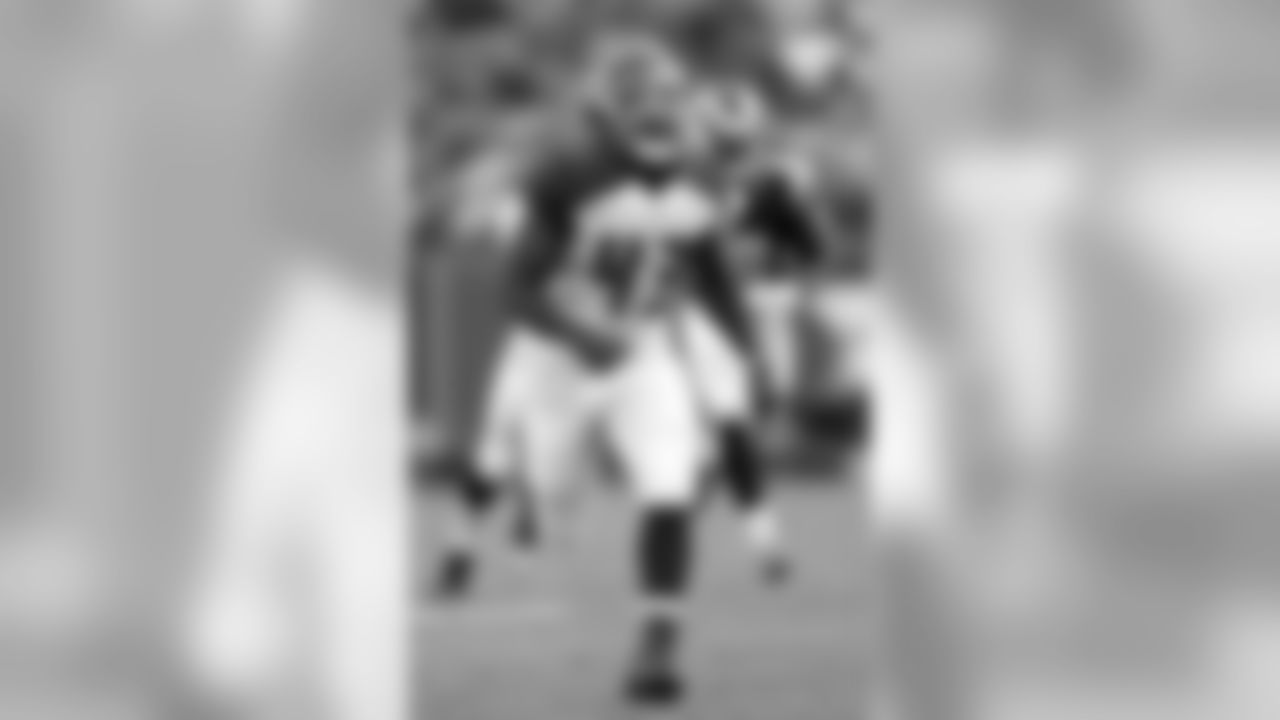
43 RB Peyton Barber
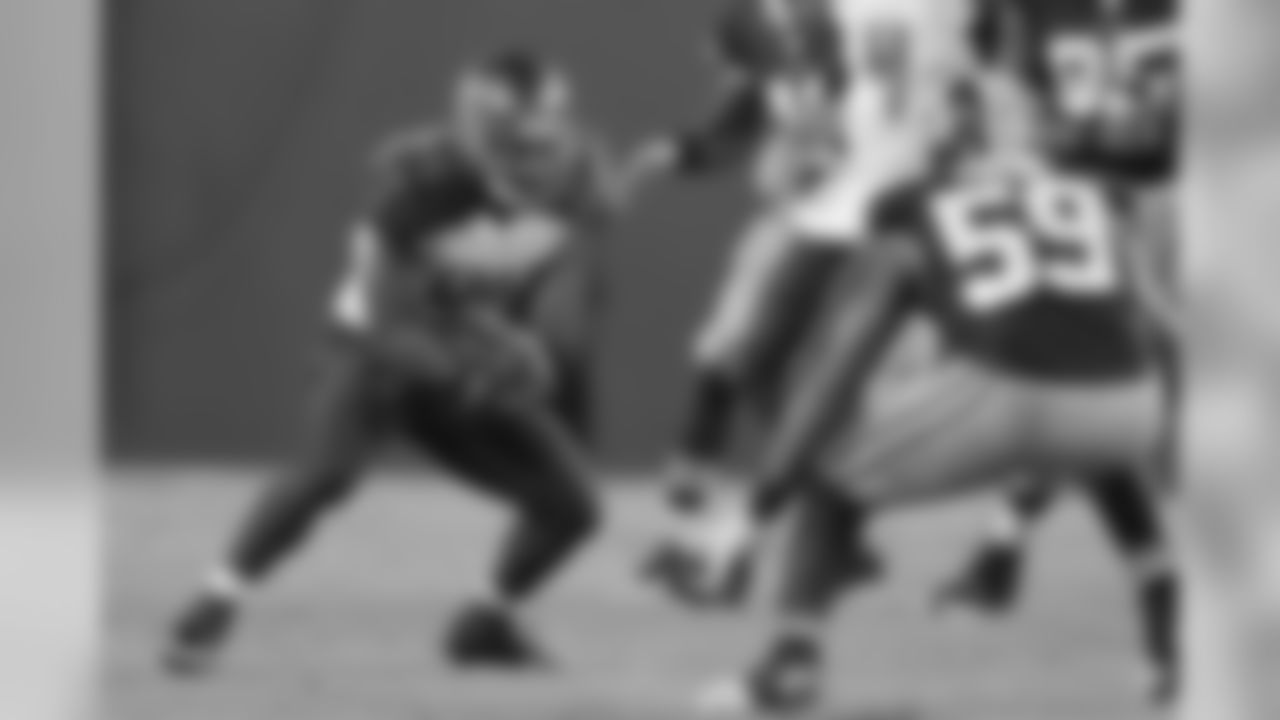
44 RB Russell Hansbrough

45 TE Alan Cross
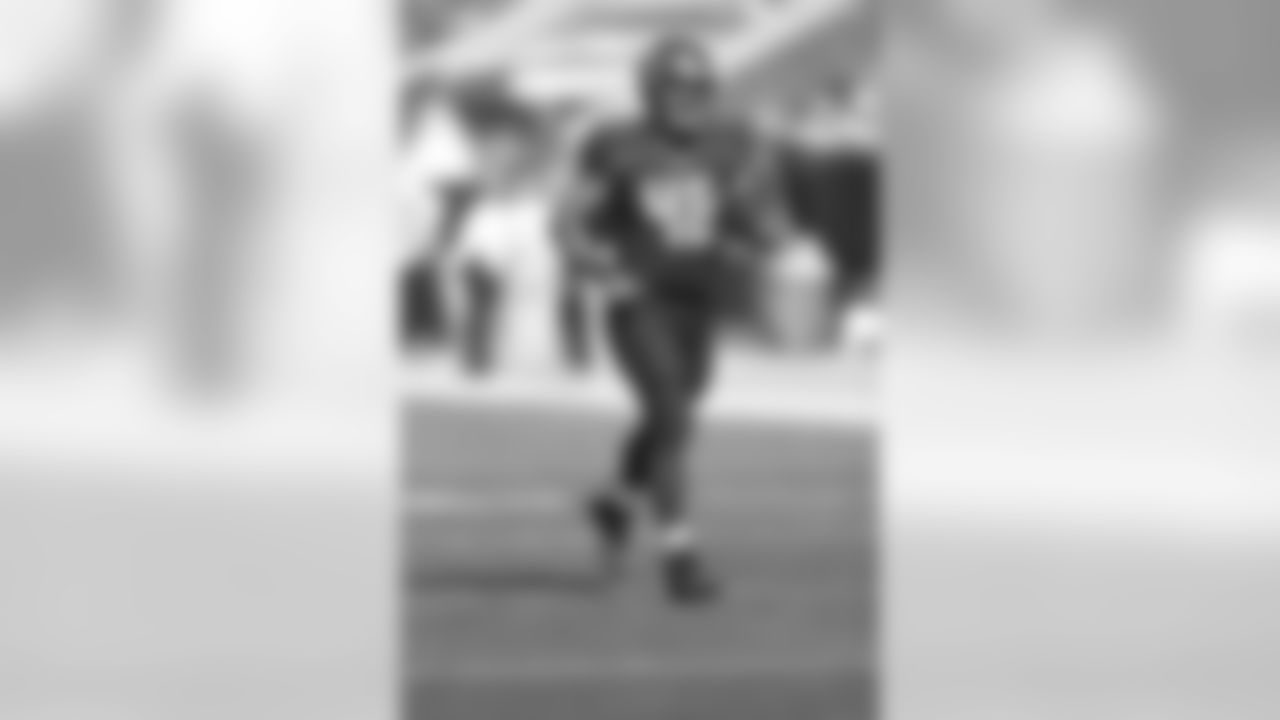
46 FB Austin Johnson
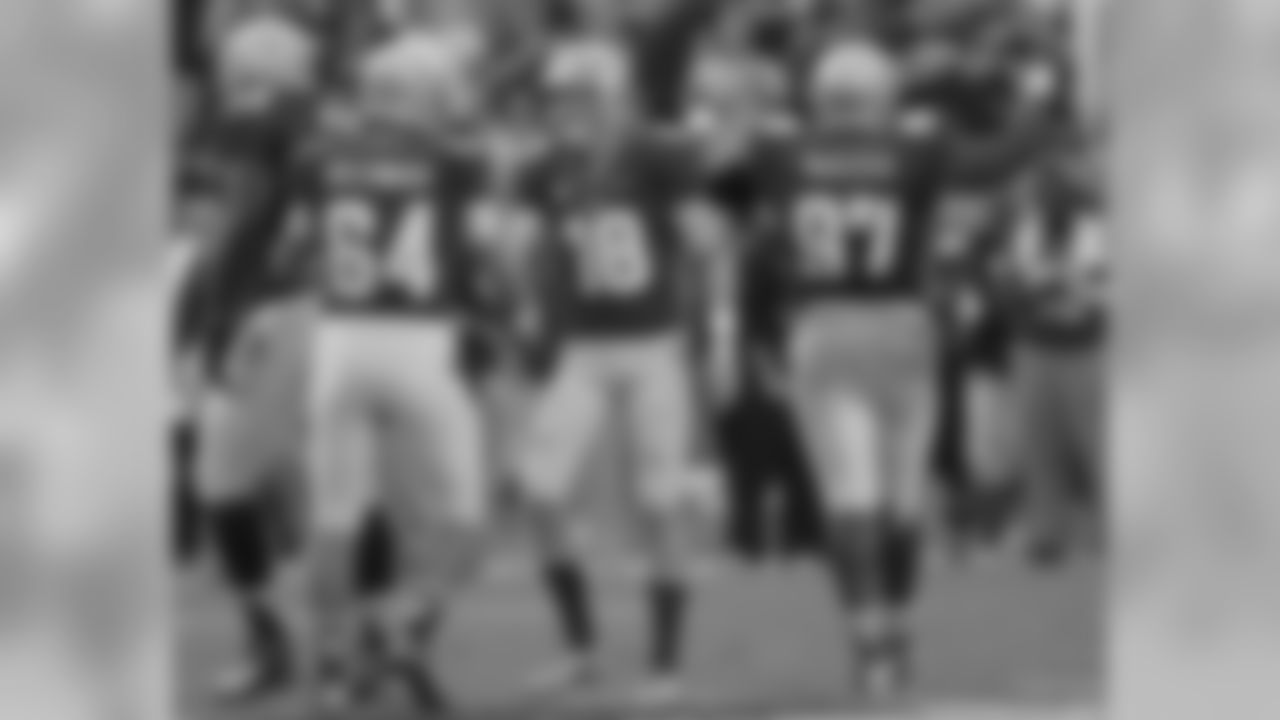
49 LS Dax Dellenbach
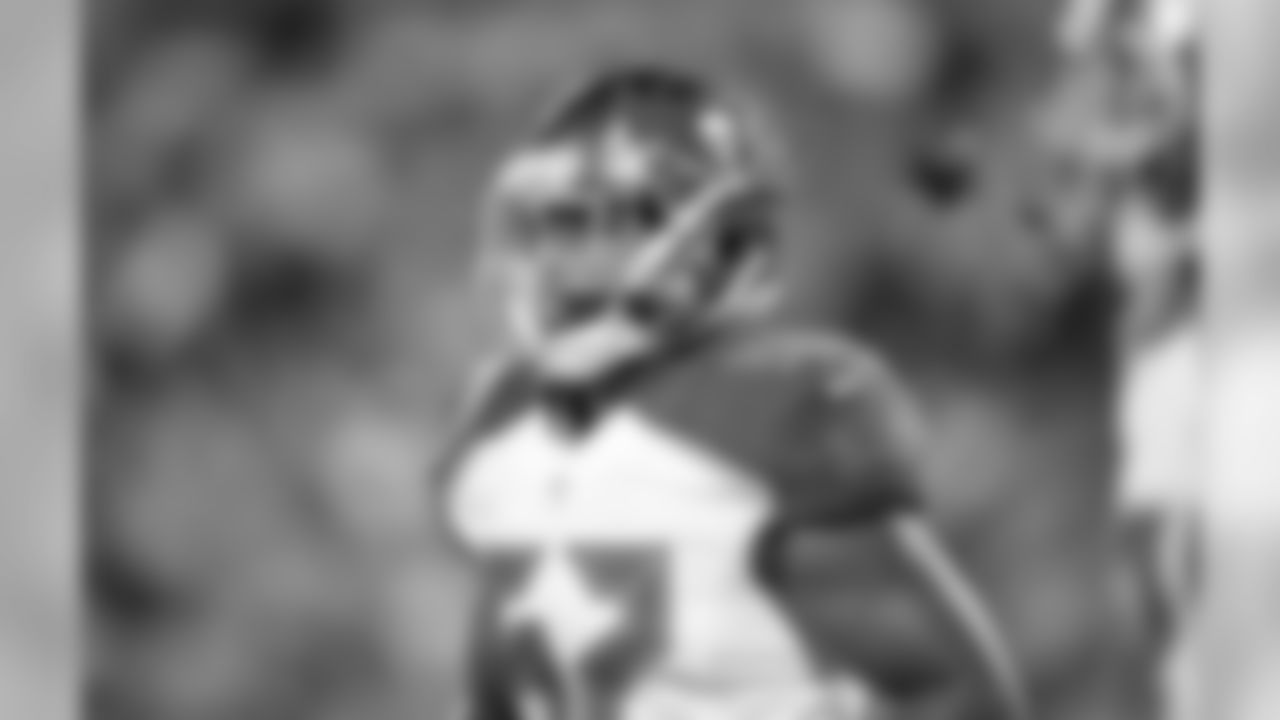
52 LB Cameron Lynch
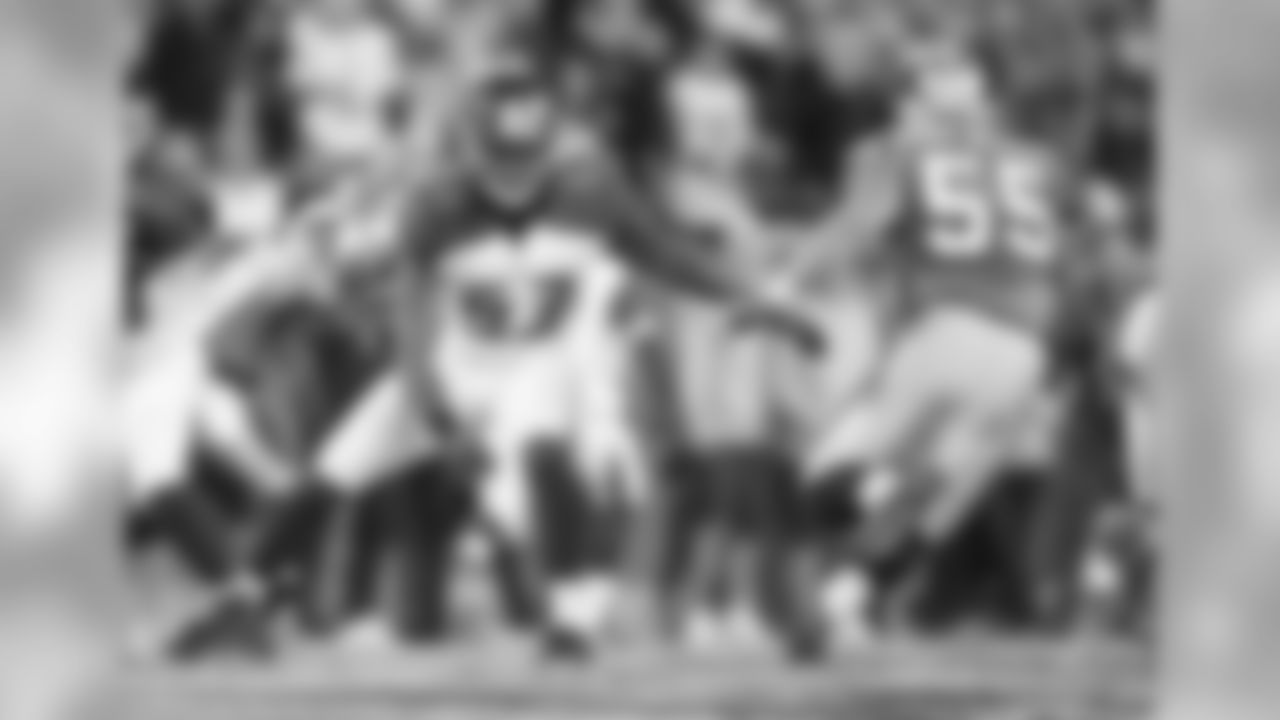
53 LB Adarius Glanton

54 LB Lavonte David
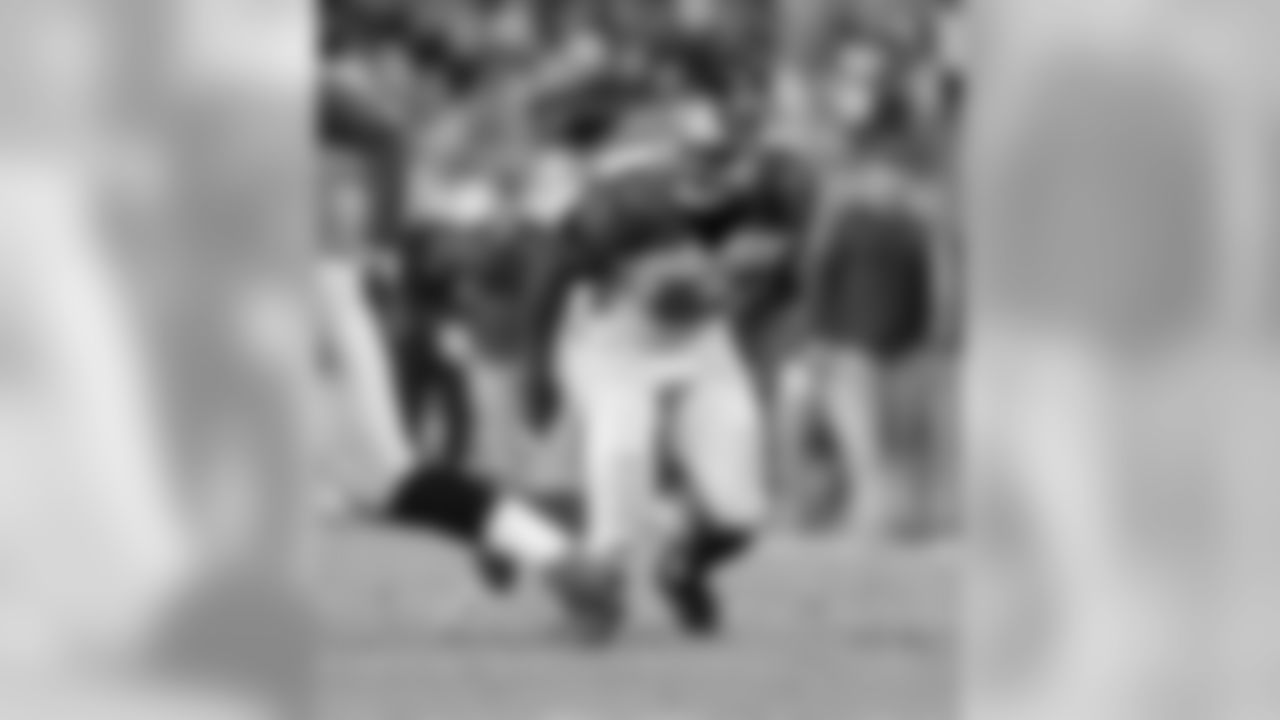
57 DE Noah Spence

58 LB Kwon Alexander

59 LB Devante Bond
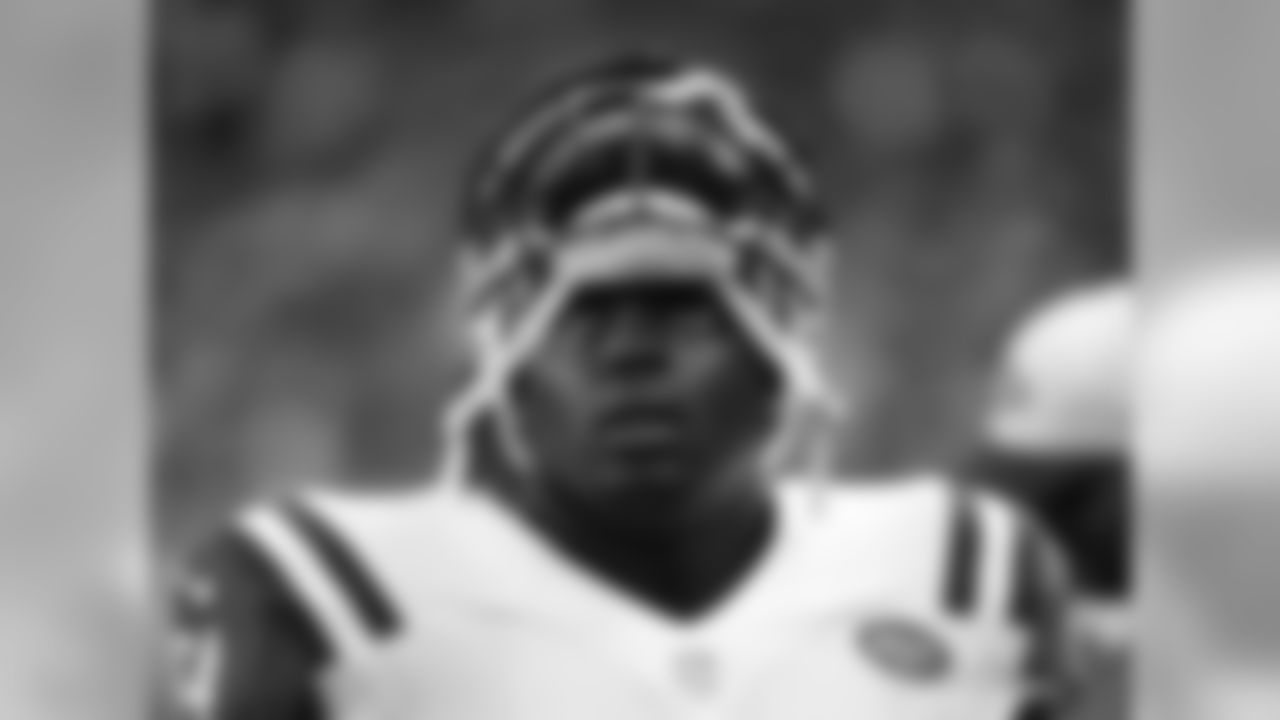
60 G Jarvis Harrison
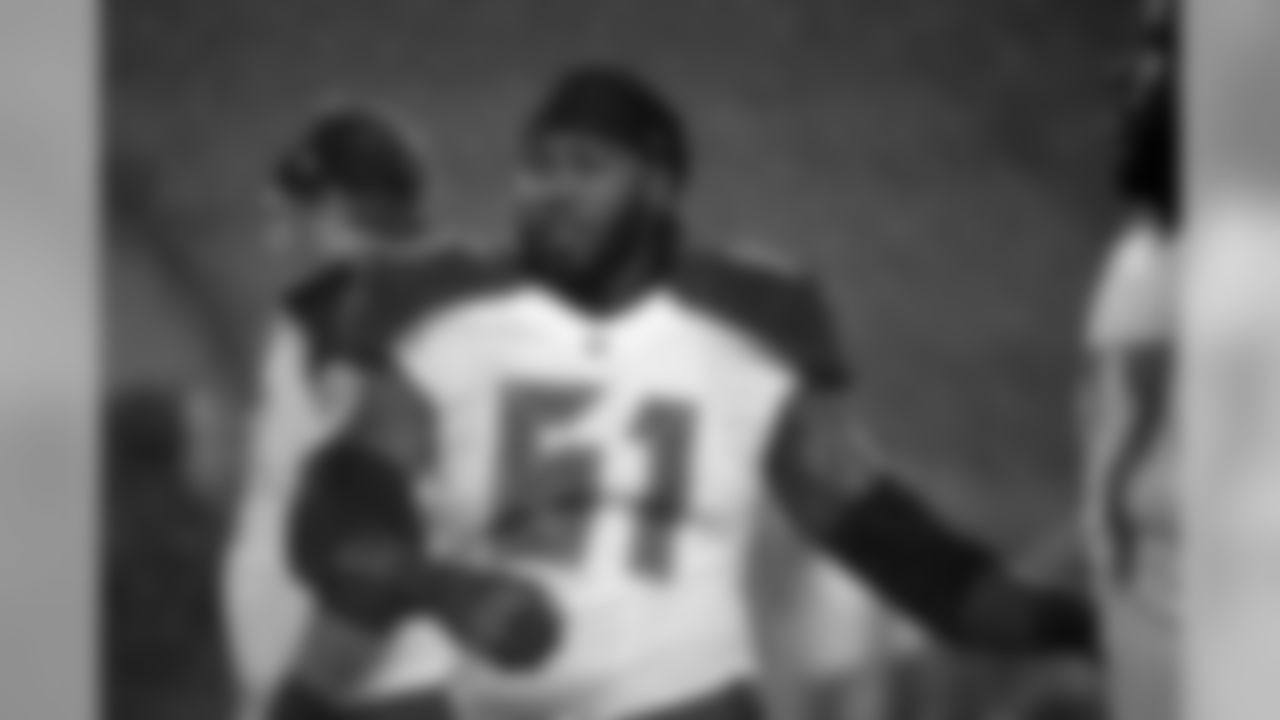
61 C Josh Allen
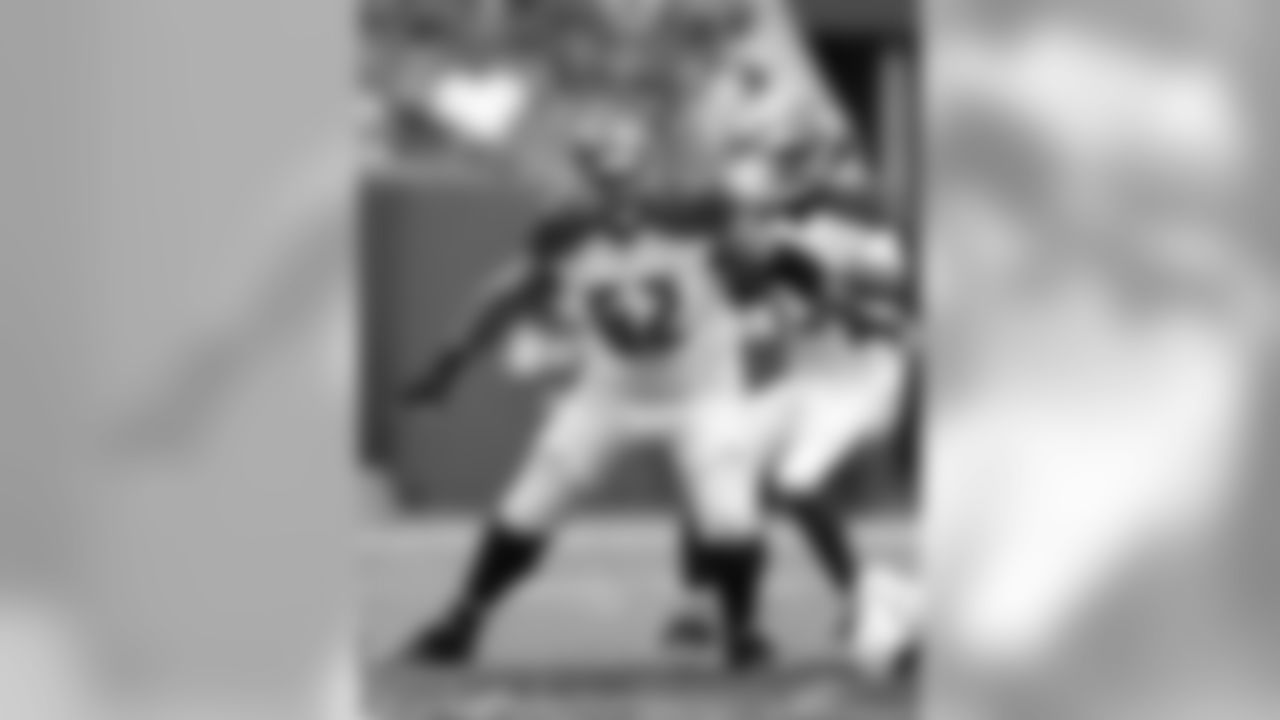
62 C Evan Smith
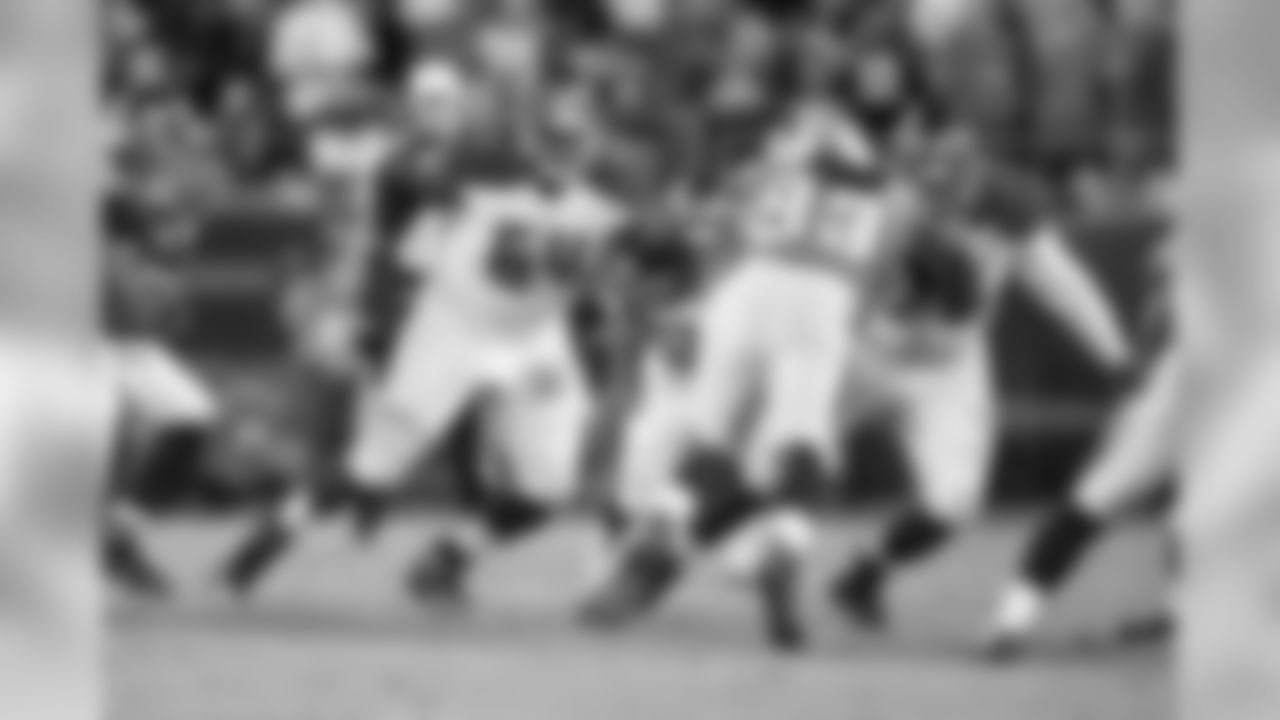
64 OT Kevin Pamphile
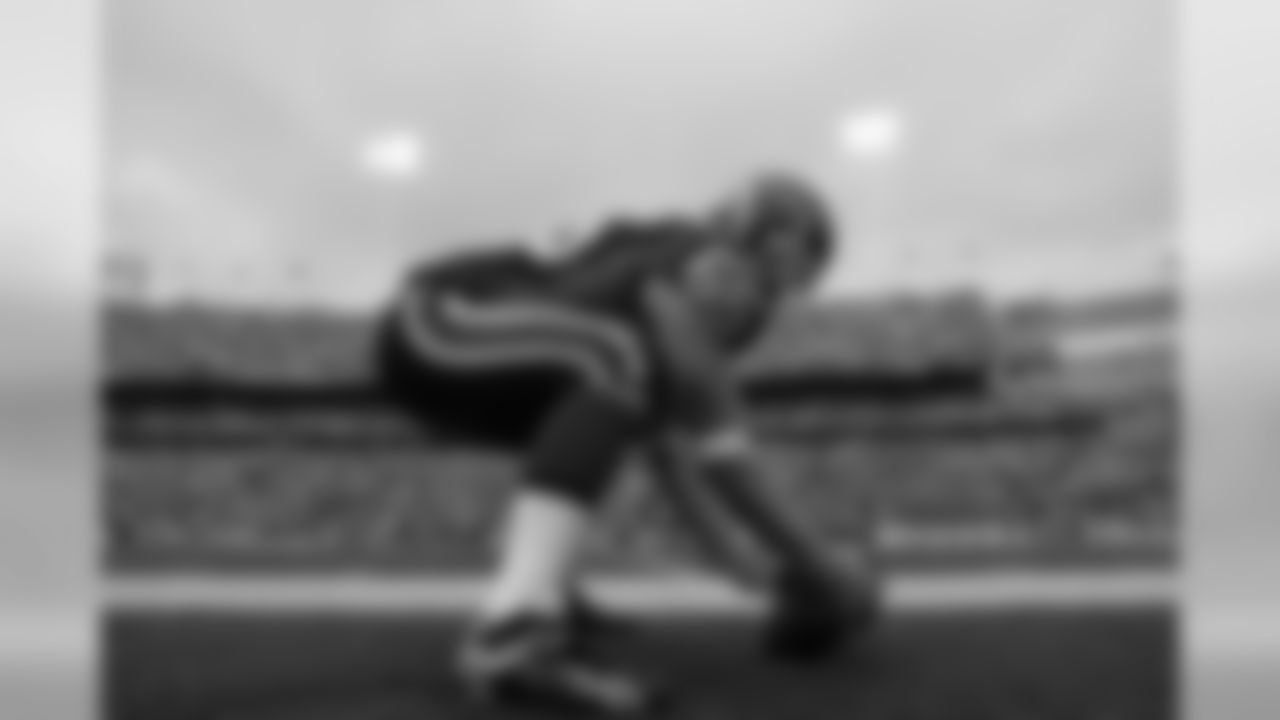
65 LS Garrison Sanborn

66 OT Leonard Wester
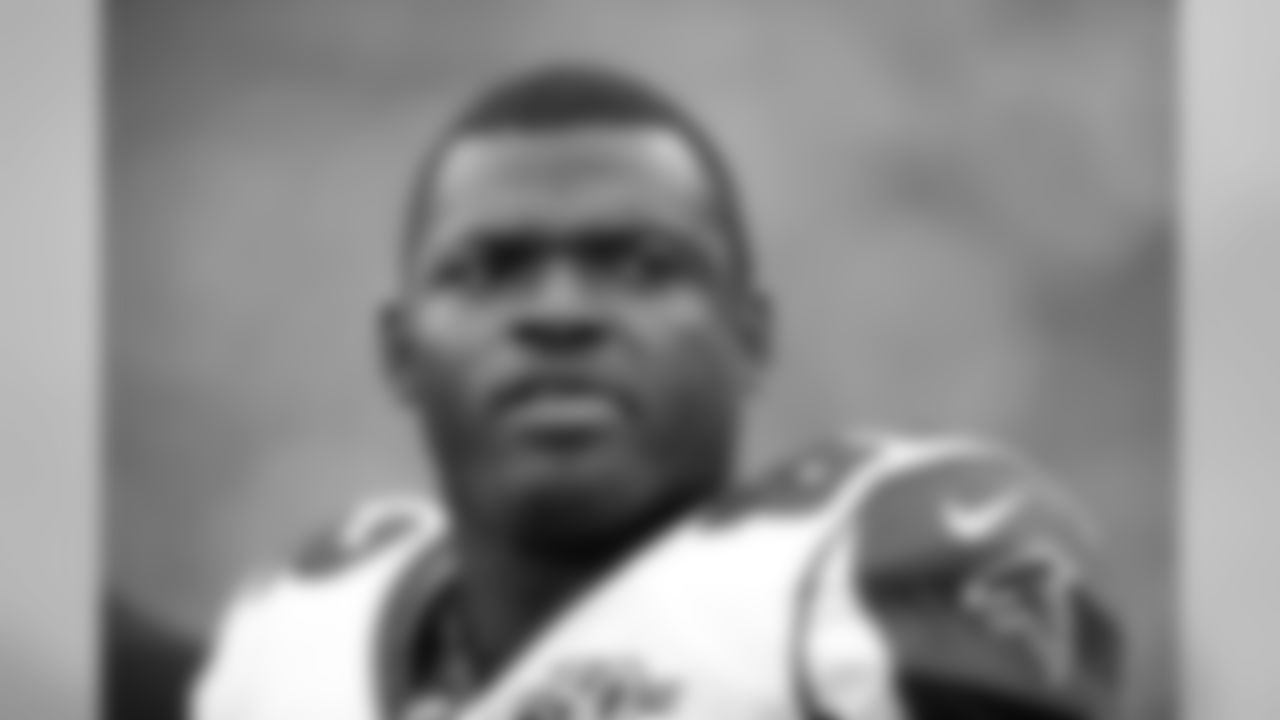
67 C James Stone

68 C Joe Hawley
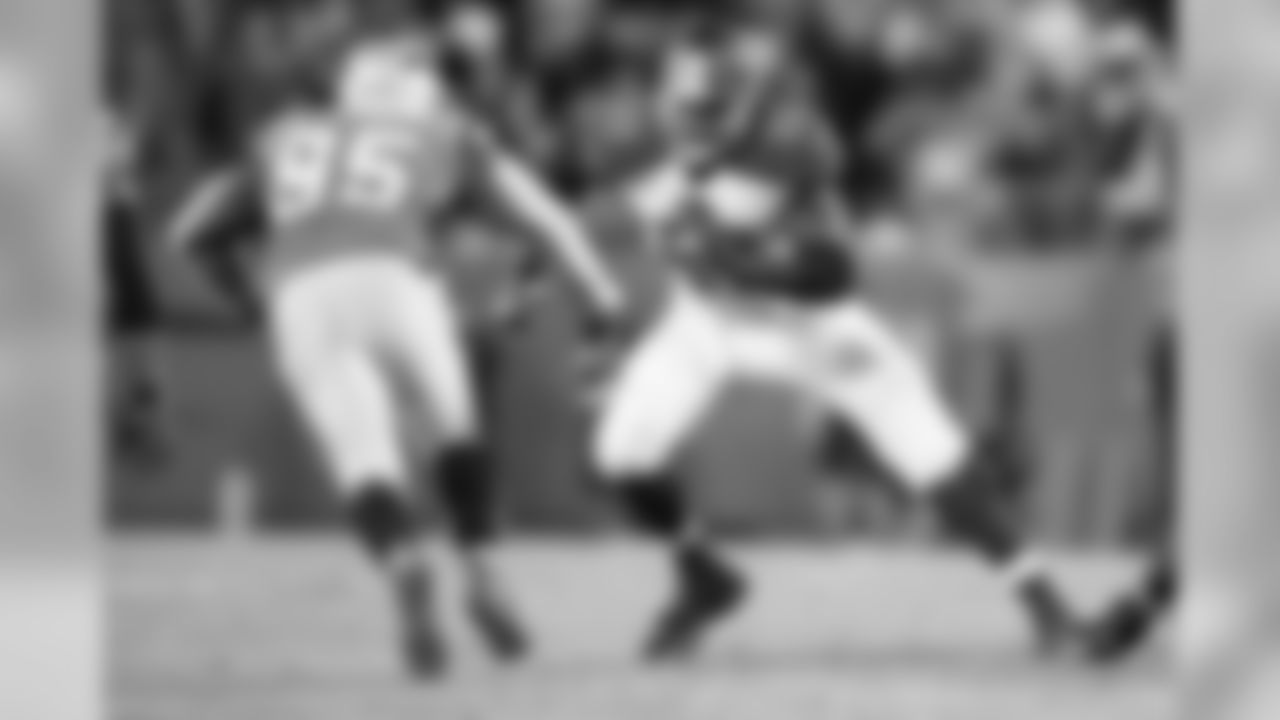
69 OT Demar Dotson

70 OL Michael Liedtke
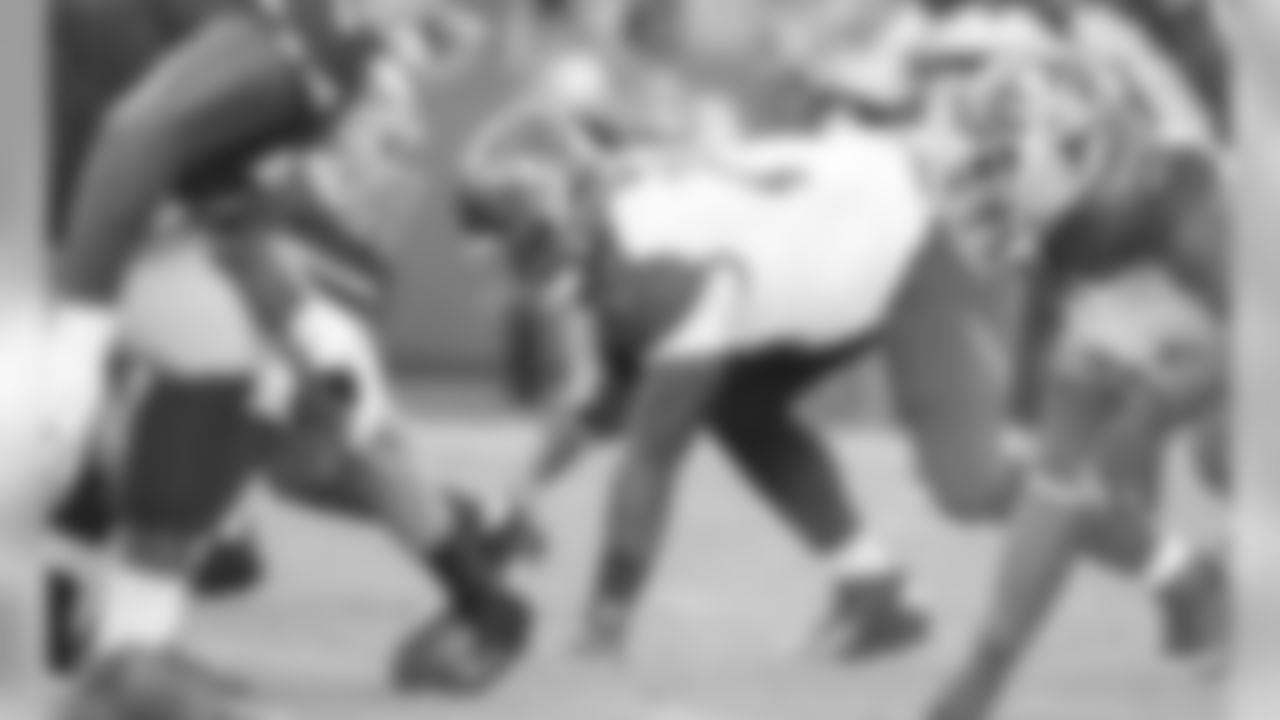
71 DE Channing Ward

72 C Ben Gottschalk

73 G J.R. Sweezy
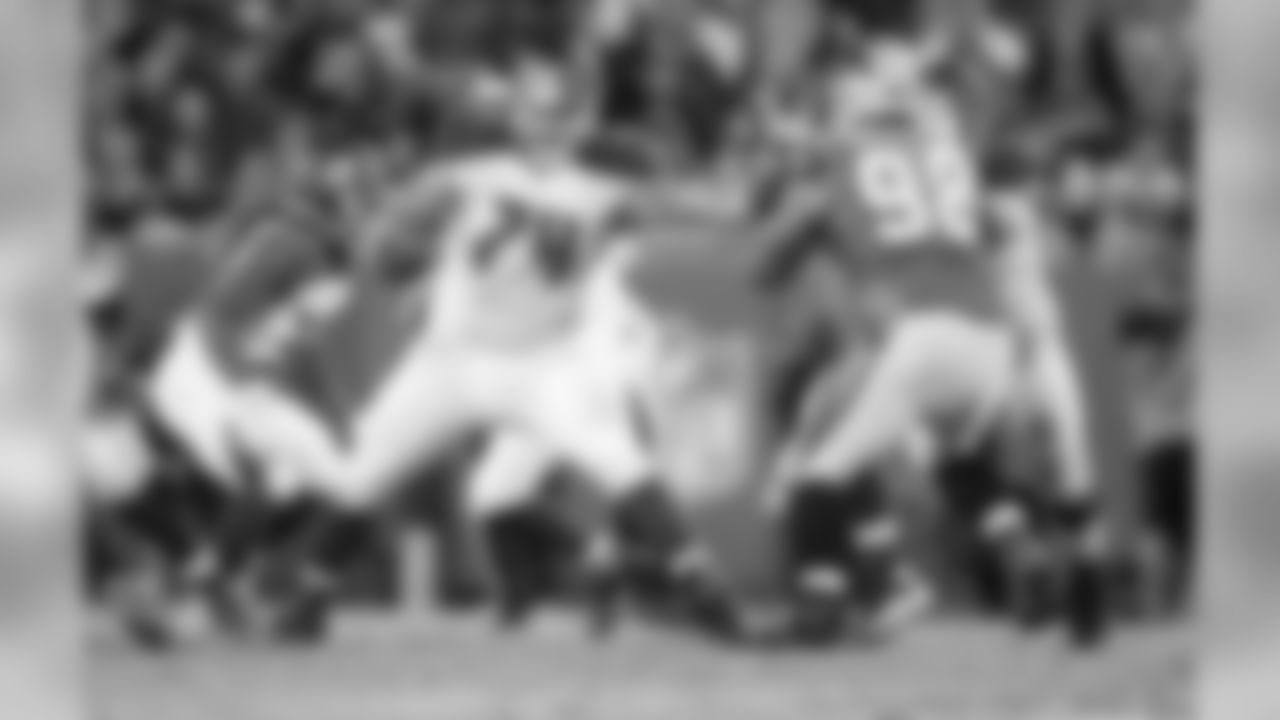
74 G Ali Marpet
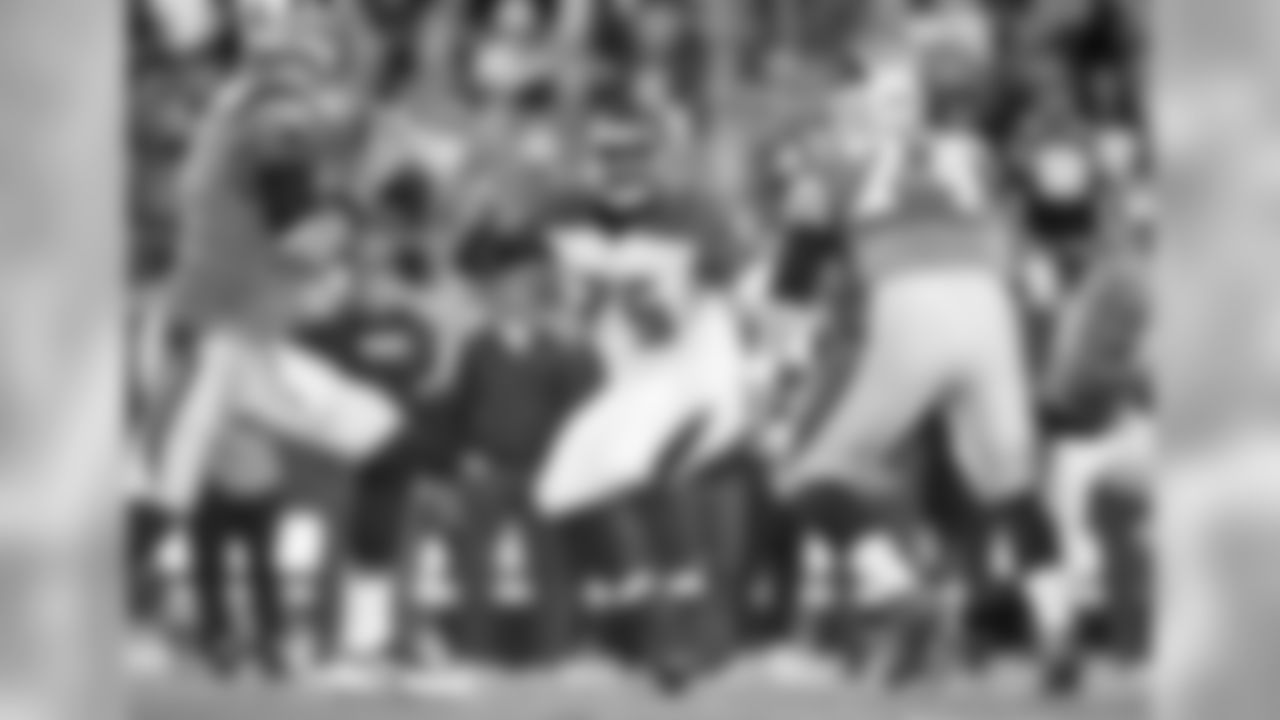
75 DT DaVonte Lambert
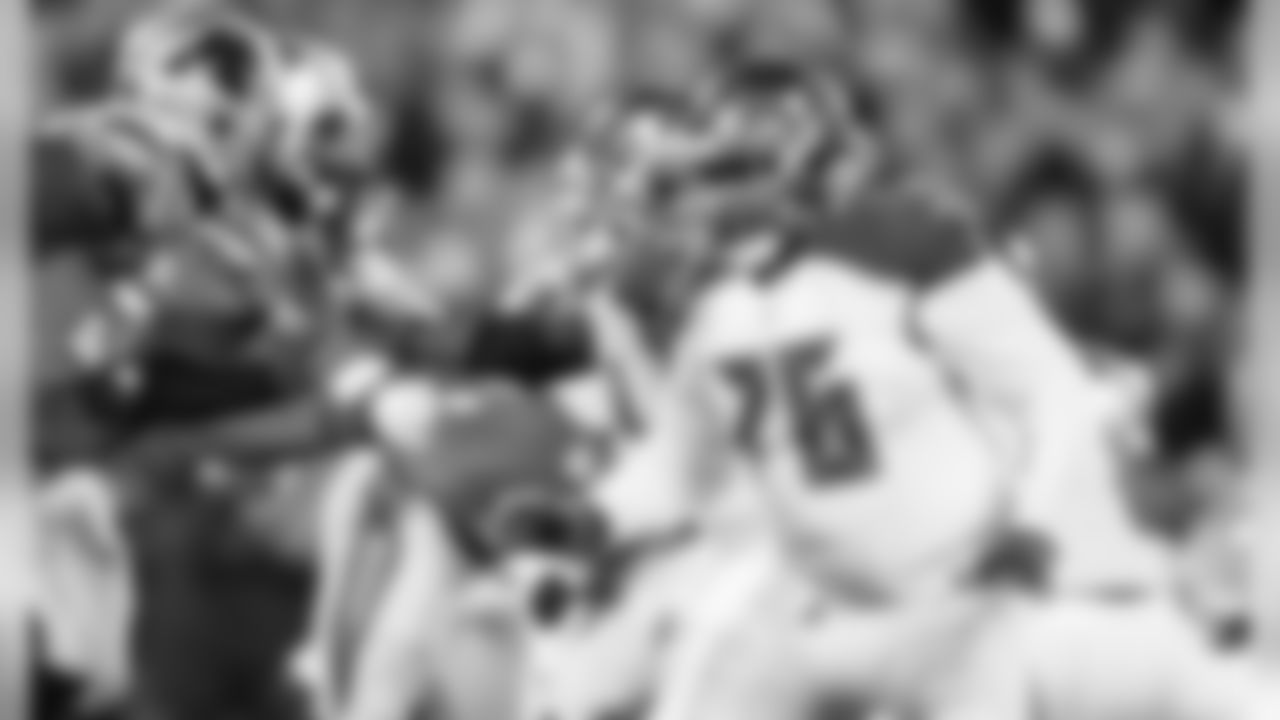
76 OT Donovan Smith

77 OL Caleb Benenoch

81 TE Tevin Westbrook
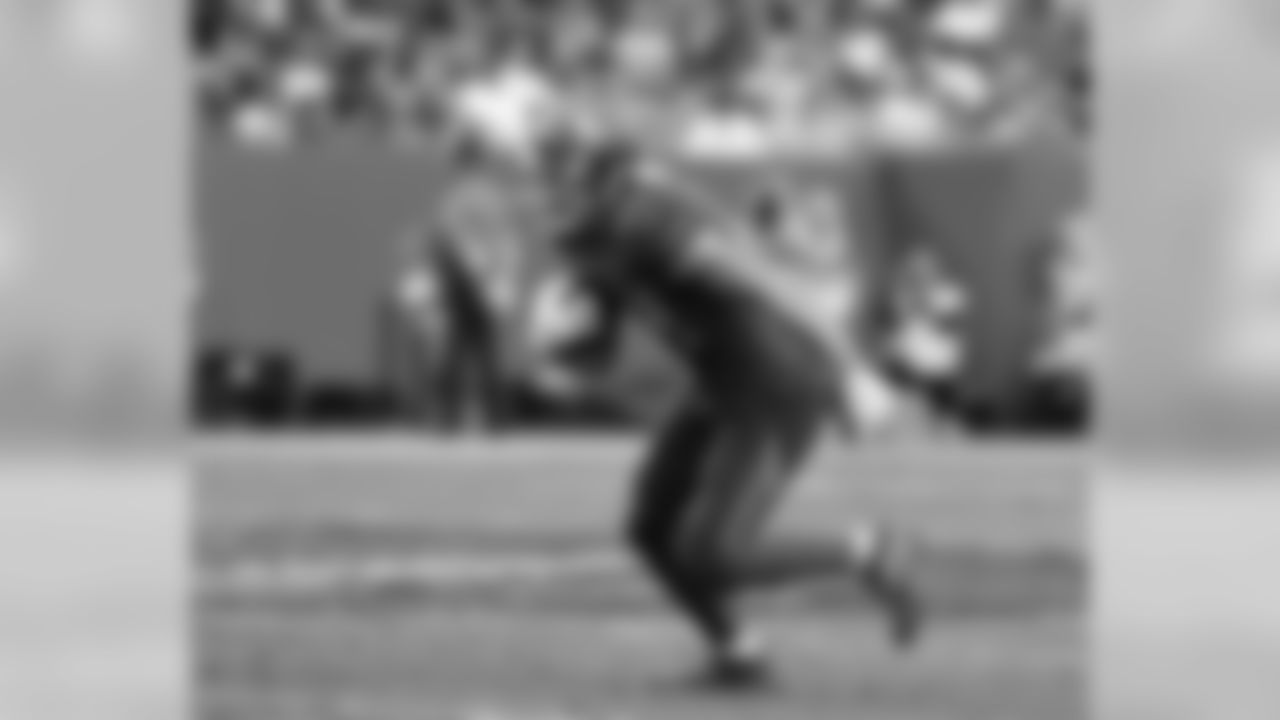
84 TE Cameron Brate
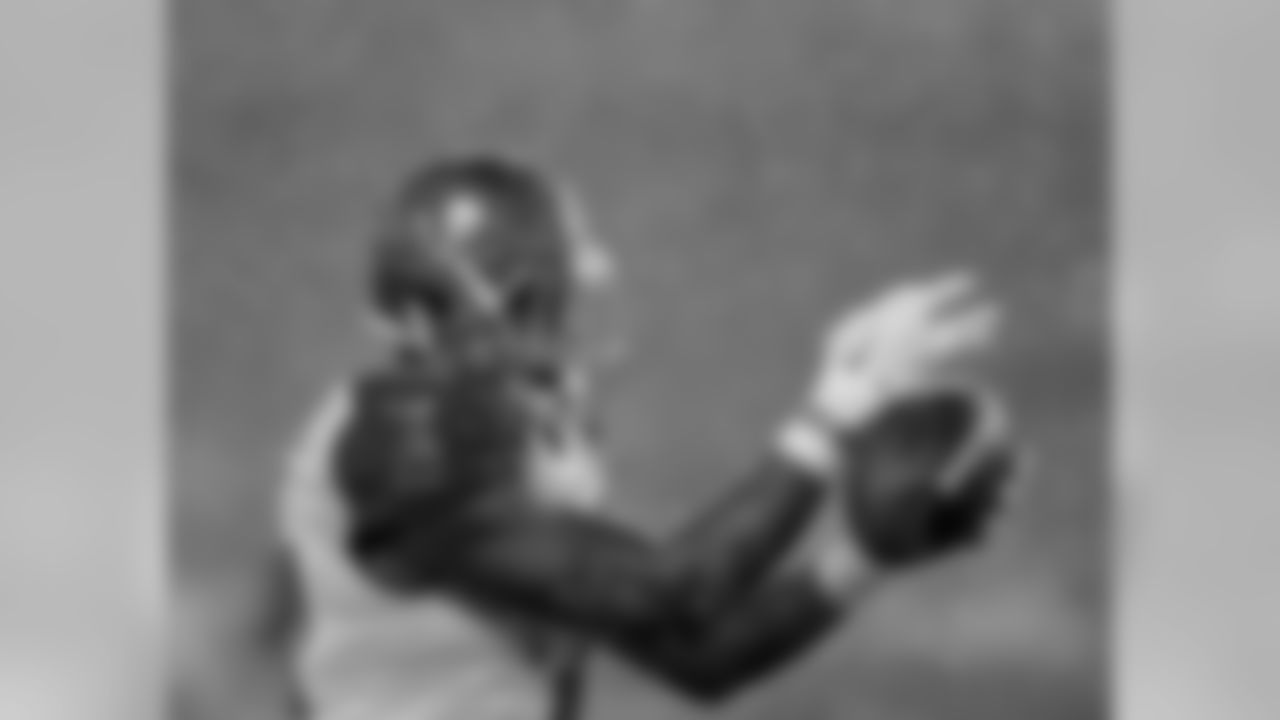
86 TE Kivon Cartwright

87 WR Derel Walker
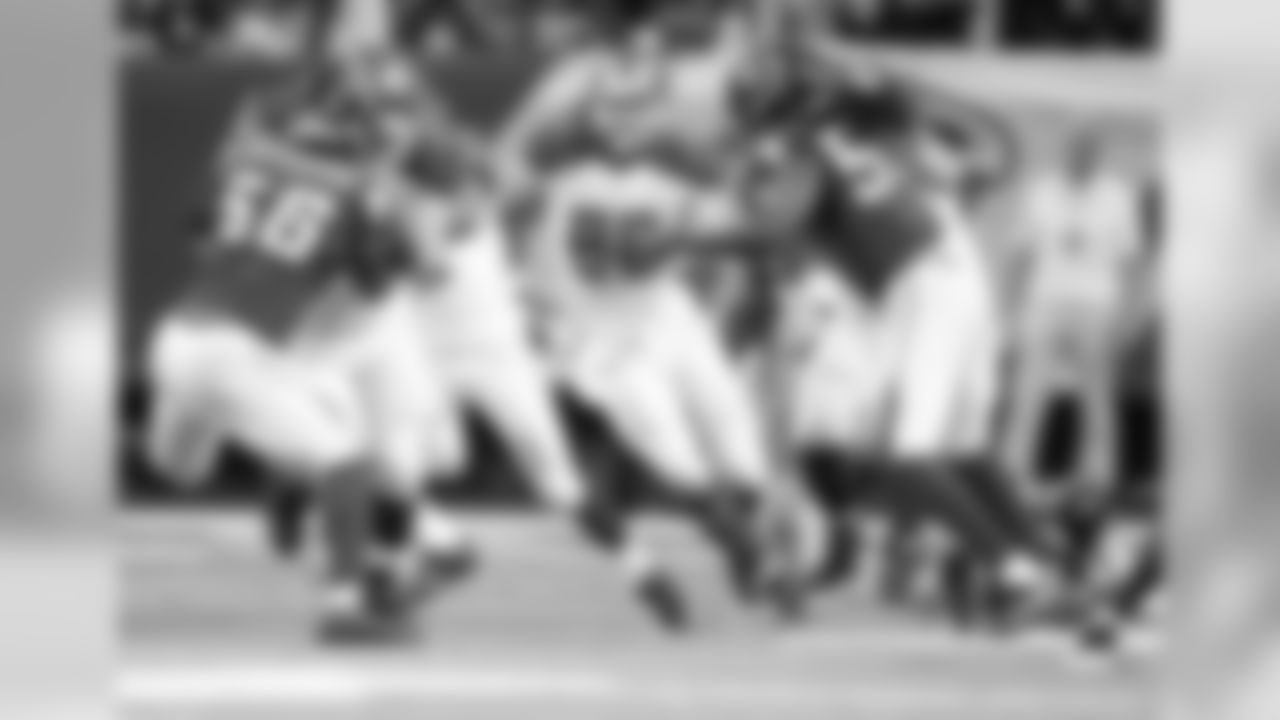
88 TE Luke Stocker
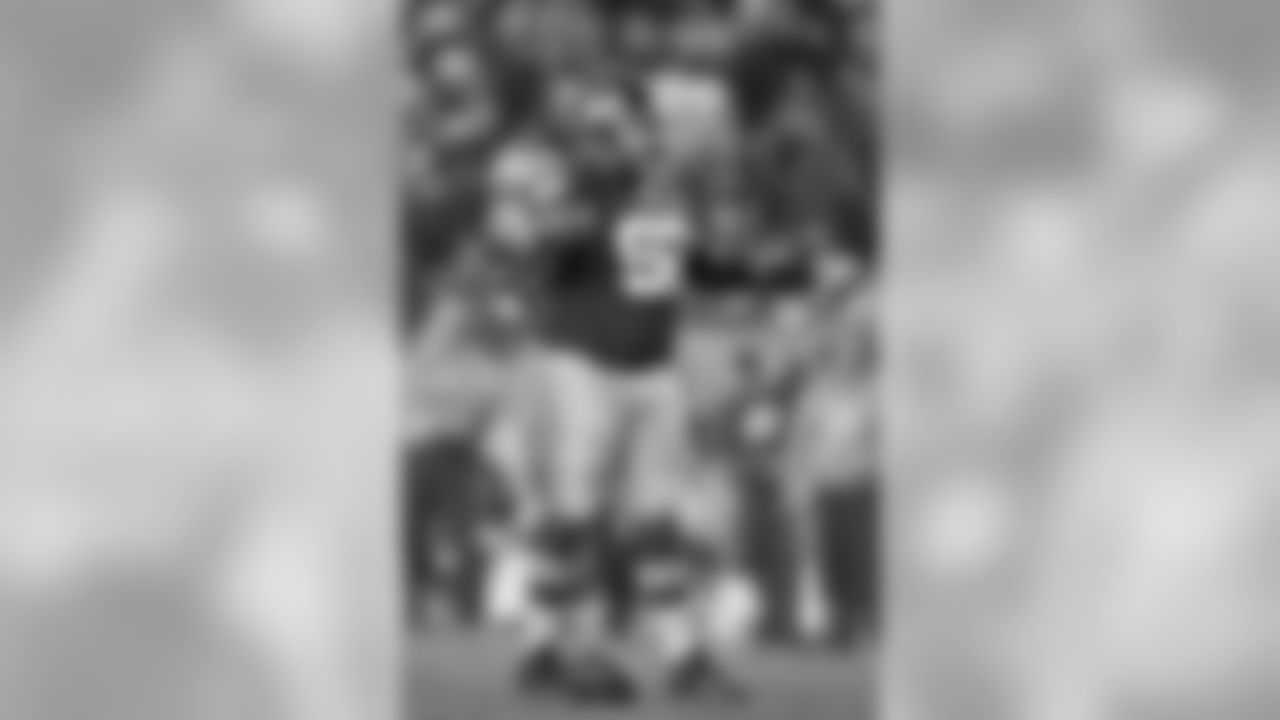
90 DE Chris Baker
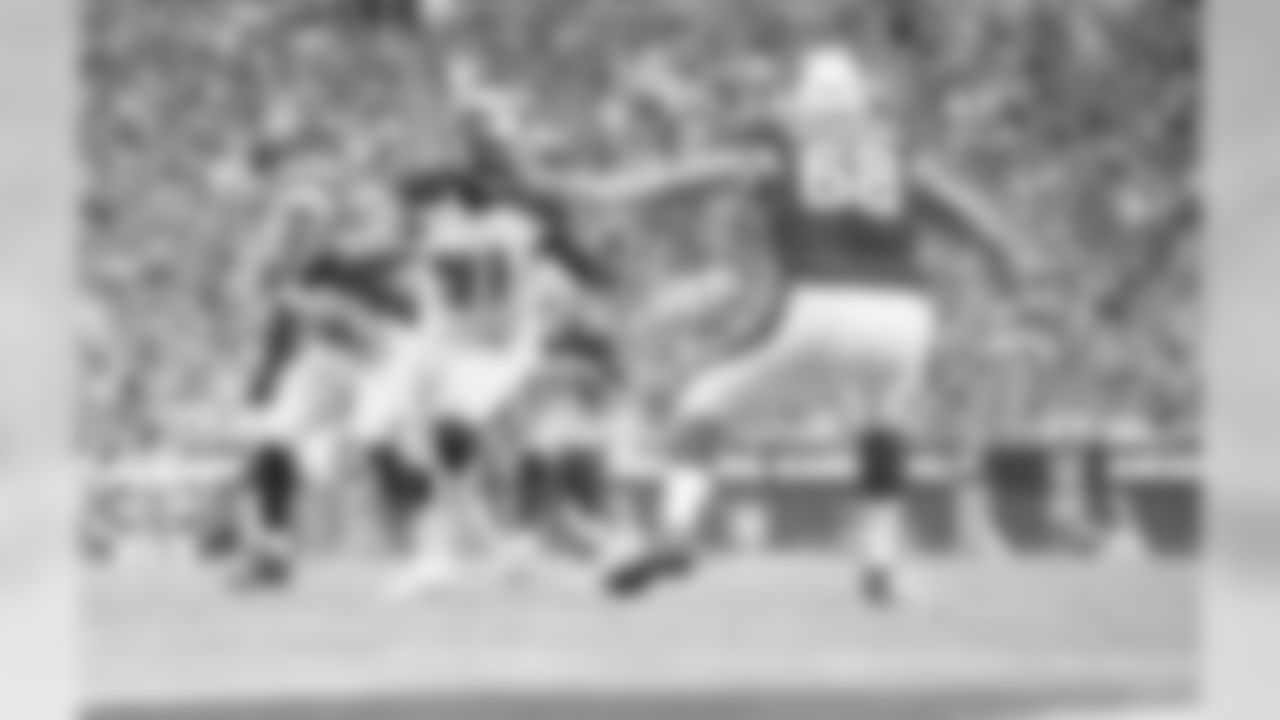
91 DE Robert Ayers
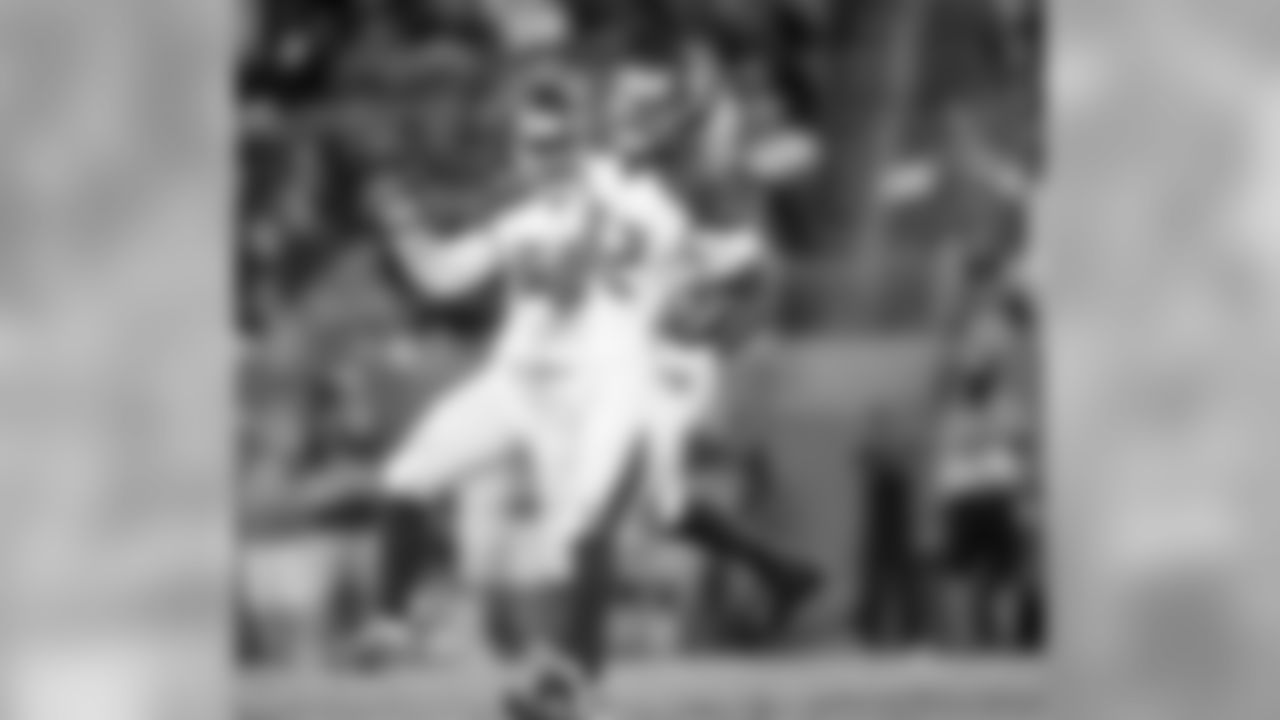
92 DE William Gholston
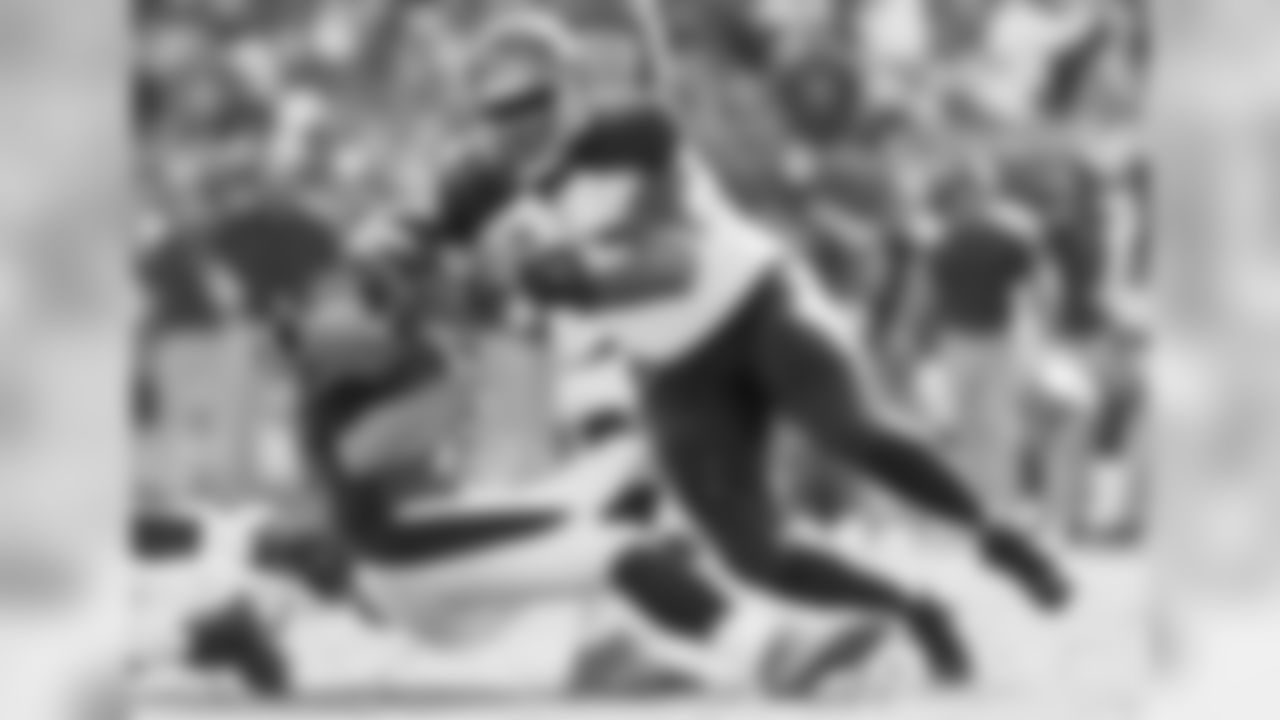
93 DT Gerald McCoy
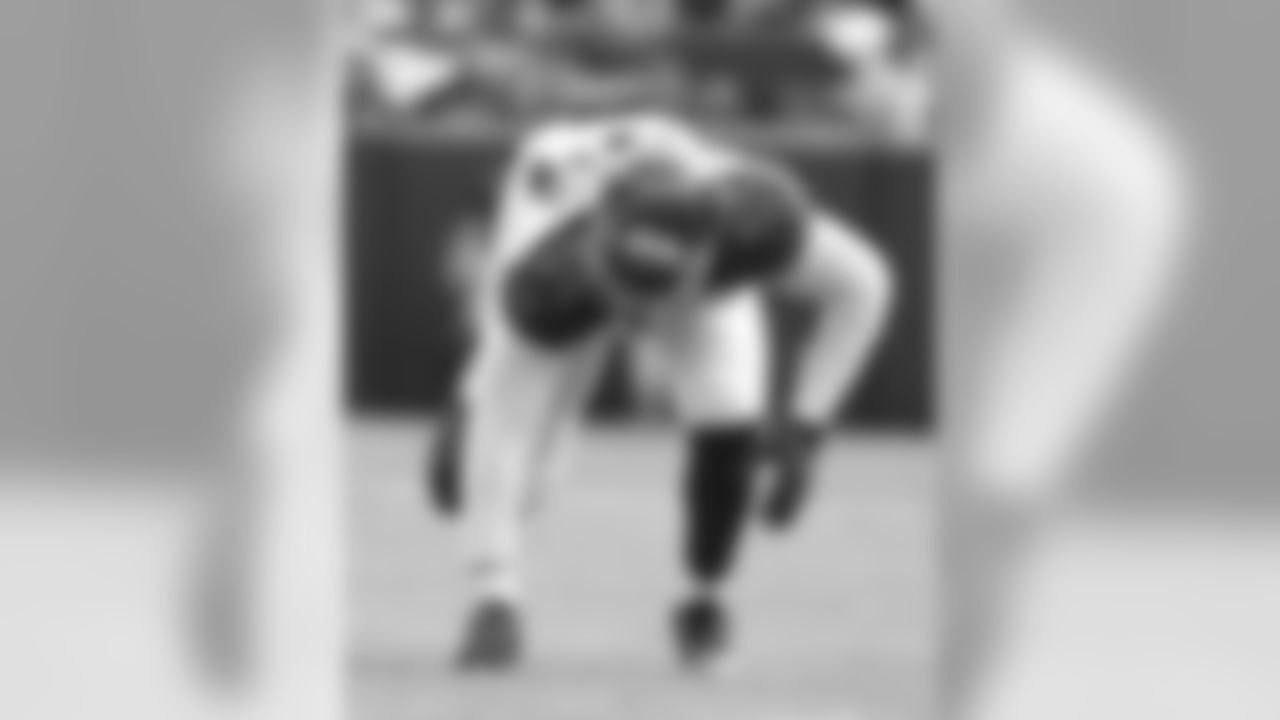
94 DE George Johnson
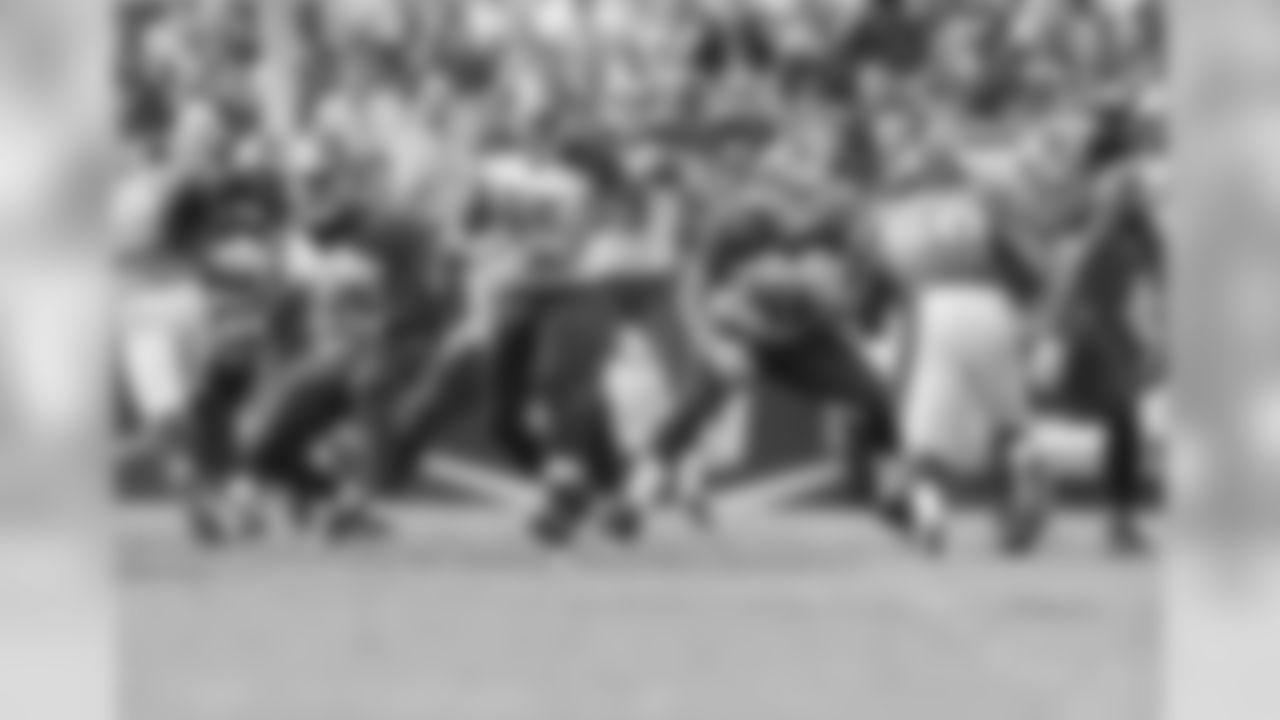
96 DE Ryan Russell
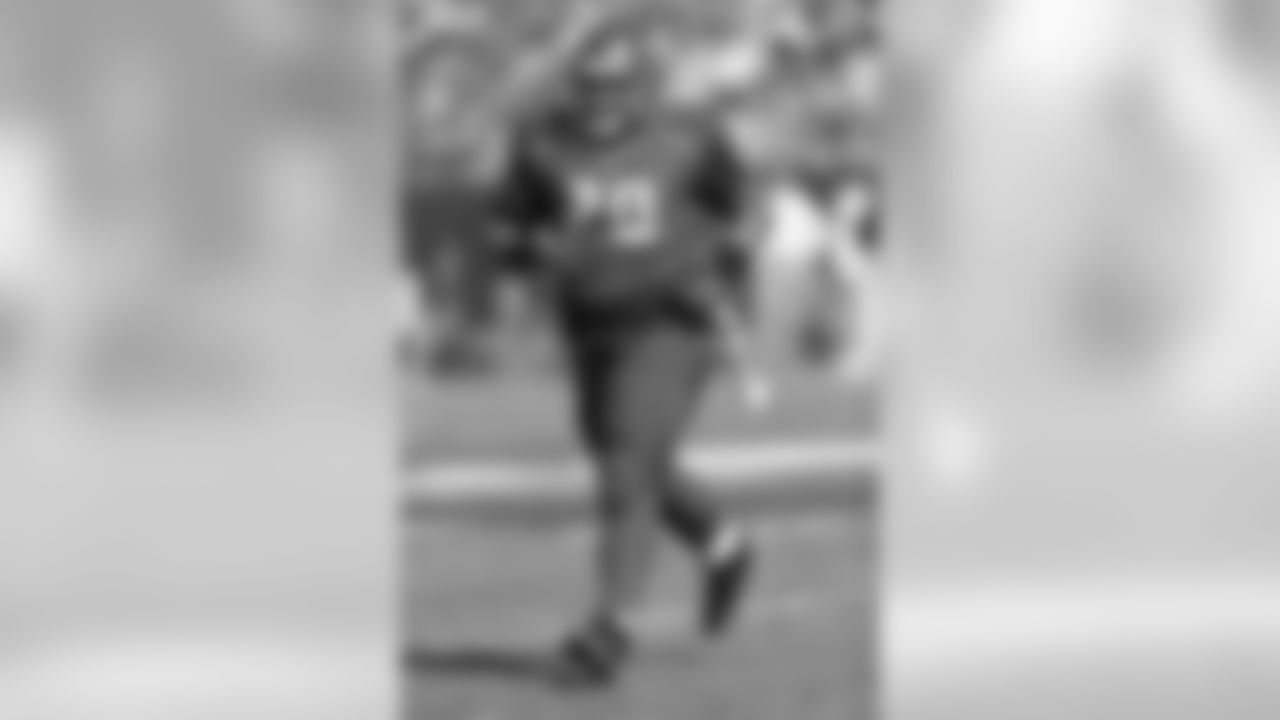
96 DE Sealver Siliga

98 DT Clinton McDonald
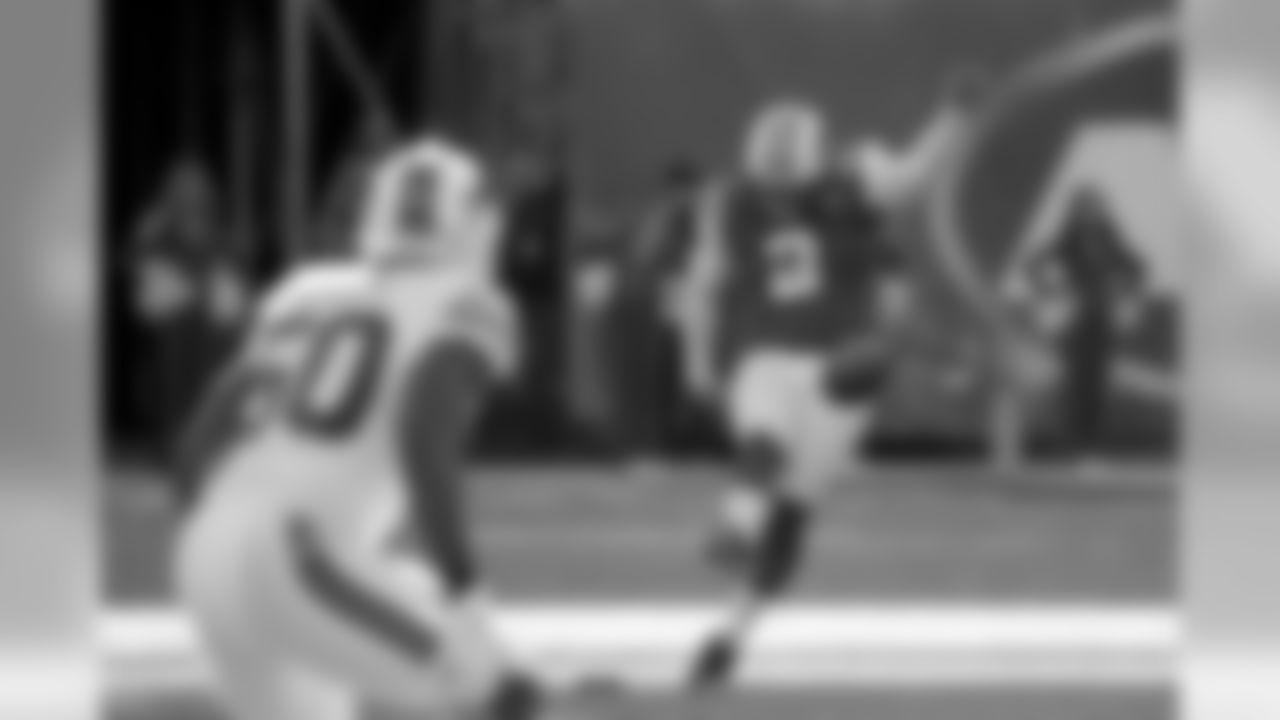
K Nick Folk
"That's a bad dude," said Buccaneers LB Winston Moss afterward, summing up the feeling of most Montana opponents at that time. "He's as bad as they come. You never know if you're gonna win when you're playing against him."
In 1997, however, things turned for the Buccaneers, and it began with a visit from the 49ers. Steve Young was at the helm for San Francisco by this time (coincidentally, Joe Montana's first game with his new team, Kansas City, had occurred at Tampa Stadium four years earlier) as the 49ers came to town for the '97 season opener. The 49ers were still one of the NFL's best teams (they would eventually make it back to the conference championship game that year) but the Buccaneers had begun a turnaround in the second half of 1996 under new Head Coach Tony Dungy. The 1997 opener became the launching point for a new era of Buccaneer success.
Playing their first regular-season game in their new red and pewter uniforms, the Buccaneers unleashed a defensive onslaught against Young, Jerry Rice and company. San Francisco was held without a touchdown for the first time in six years and DT Warren Sapp led the Bucs' defense with 11 tackles and 2.5 sacks, in the process inadvertently injuring both Young and Rice. The Bucs won, 13-6, starting a five-game winning streak that would land them on the cover of Sports Illustrated, point them towards the playoffs for the first time in 15 years and begin the legend of the Buccaneers' defense of the mid-90s to mid-00s.
The rise that began in 1997 culminated in the Buccaneers' 2002 Super Bowl season. Tampa Bay went 12-4 during the '02 regular season and earned a first-round bye in the playoffs, eventually welcoming San Francisco to Raymond James Stadium for the divisional round. The 49ers had escaped one of the wildest playoff games in NFL history the week before, winning 39-38 over the New York Giants when a potential game-winning field goal on the last play was aborted due to a bad snap. All that bought San Francisco was a complete drubbing in Tampa, as Brad Johnson and the Buccaneers rolled to an easy 31-6 win. Johnson threw two touchdown passes and the Bucs' defense picked off San Francisco QB Jeff Garcia (another future Buccaneer) three times. FB Mike Alstott also found the end zone twice for Tampa Bay.
San Francisco got a bit of revenge the next year, winning 24-7 back in California, this time with Garcia throwing two touchdown passes and Johnson getting picked off three times. The Bucs missed the playoffs that season, but that 2003 Tampa Bay team was considered quite a bit better than the 2004 squad that went 5-11. The 49ers had fallen on even tougher teams in '04, however, finishing 2-14, and their visit to Tampa in November was the brightest spot in the season for the Buccaneers. Tampa Bay won, 35-3, with Michael Pittman rushing for 106 yards and two scores and Joe Jurevicius catching a pair of touchdown passes from Brian Griese. Tampa Bay's defense held San Francisco to 197 yards of total offense in what would prove to be the 49ers' last visit to Tampa until 2010.
The 49ers won a pair of close decisions in 2005 and 2007, both in San Francisco and both in seasons that the Buccaneers would actually make it to the playoffs. In the '07 meeting, the Bucs scored with just over a minute left when Luke McCown hit Jerramy Stevens on a 24-yard touchdown pass, but the two-point conversion attempt failed and the Bucs lost, 21-19. Tampa Bay had pulled some of its starters, including Garcia, because they had already secured a playoff spot.
The Bucs made two more trips to San Francisco in 2010 and 2011, resulting in one dominant victory for each side. The 2010 game ranks as the last time Tampa Bay's defense has pitched a shutout; the Bucs racked up six sacks of QB Troy Smith and left tackle Donald Penn scored his first career touchdown on a trick-play pass from Josh Freeman. The following year, it was all San Francisco in a 48-3 victory that began the Bucs' slide from 3-1 to 4-12. The 2013 meeting wasn't much better for the Buccaneers. Tampa Bay had actually won four of its previous five games, apparently pulling out of an 0-8 tailspin to begin the season, but a 33-14 loss to the 49ers started another three-game skid to end the campaign. The 49ers were coming off a Super Bowl appearance the previous year and would make the conference championship game again in 2013 behind their apparent rising star at quarterback, Colin Kaepernick. Kaepernick threw for 203 yards and two touchdowns, including a 52-yarder to tight end Vernon Davis, and he also ran for 42 of the 49ers' 187 ground yards. Tim Wright and Vincent Jackson caught touchdowns for Tampa Bay but the home team's running game produced just 39 yards.
Bucs' Game-by-Game Record vs. San Francisco:

** Postseason
Series Notes (regular-season games only):
*
- Overall Season Series: San Francisco leads, 17-4
- Bucs' Home Record: 2-5
- Bucs' Road Record: 2-12
- Current Streak: Lose 2 (2011-13)
- Buccaneers' Longest Winning Streak: 1 (4 times)
- 49ers' Longest Winning Streak: 9 (1983-94)
- Regular Season Point Total: Buccaneers 295, 49ers 494
- Most Points in a Game, Buccaneers: Buccaneers 35-3 (2004)
- Most Points in a Game, 49ers: 49ers 48-3 (2011)
- Most Points, both teams: 49ers 45-21 (1993)
- Fewest Points in a Game, Buccaneers: 49ers 48-3 (2011)
- Fewest Points in a Game, 49ers: Buccaneers 21-0 (2010)
- Fewest Points in a Game, both teams: 49ers 6-3 (1978)




